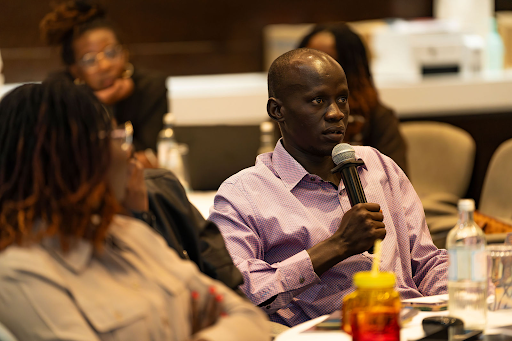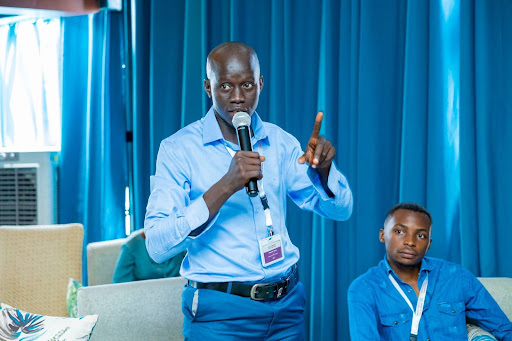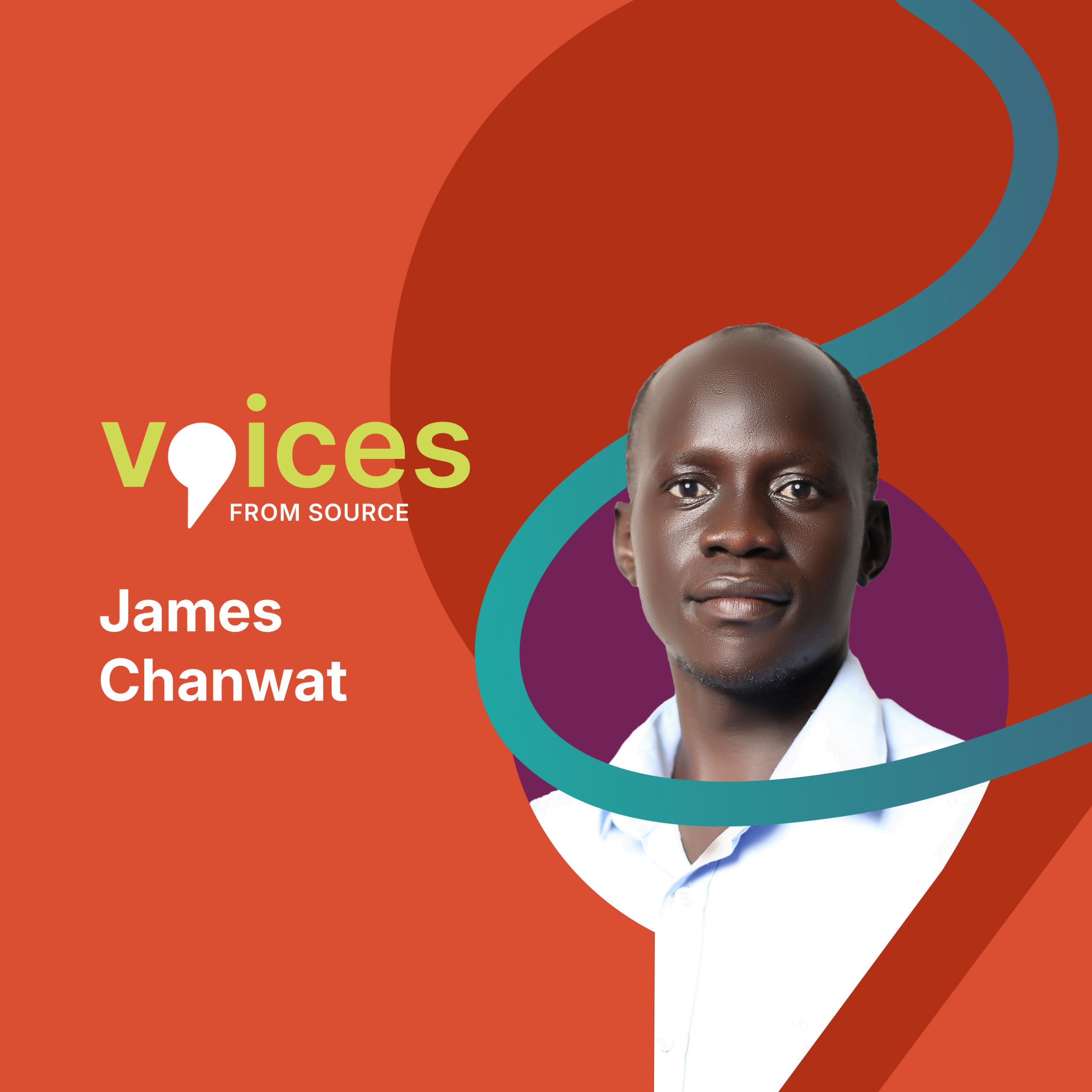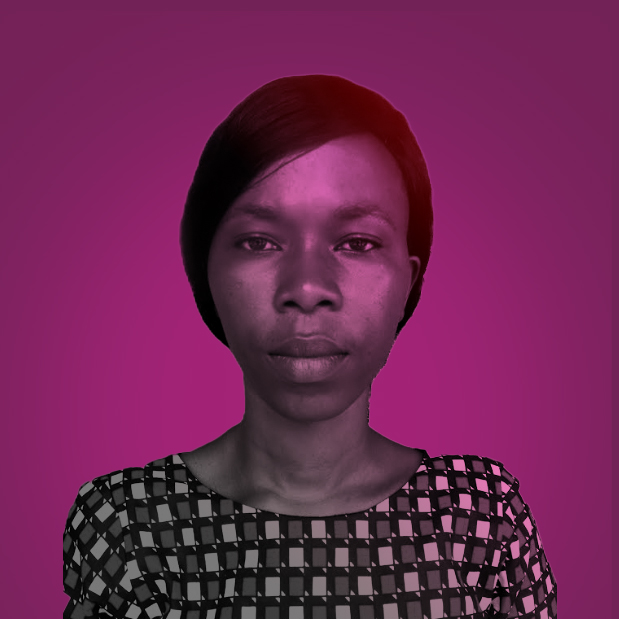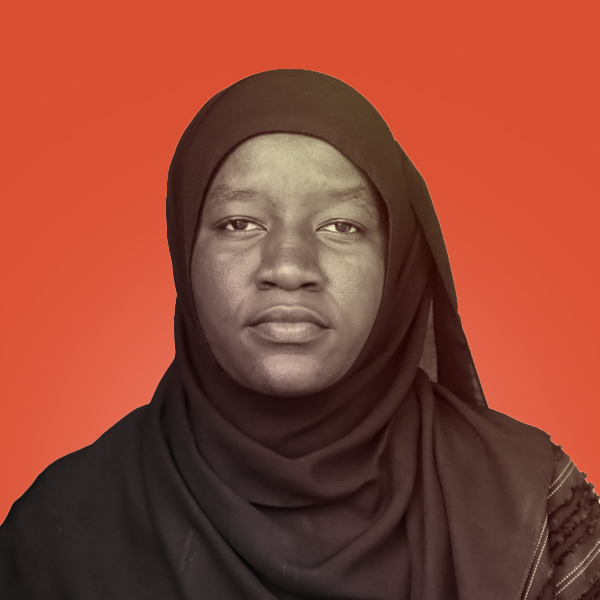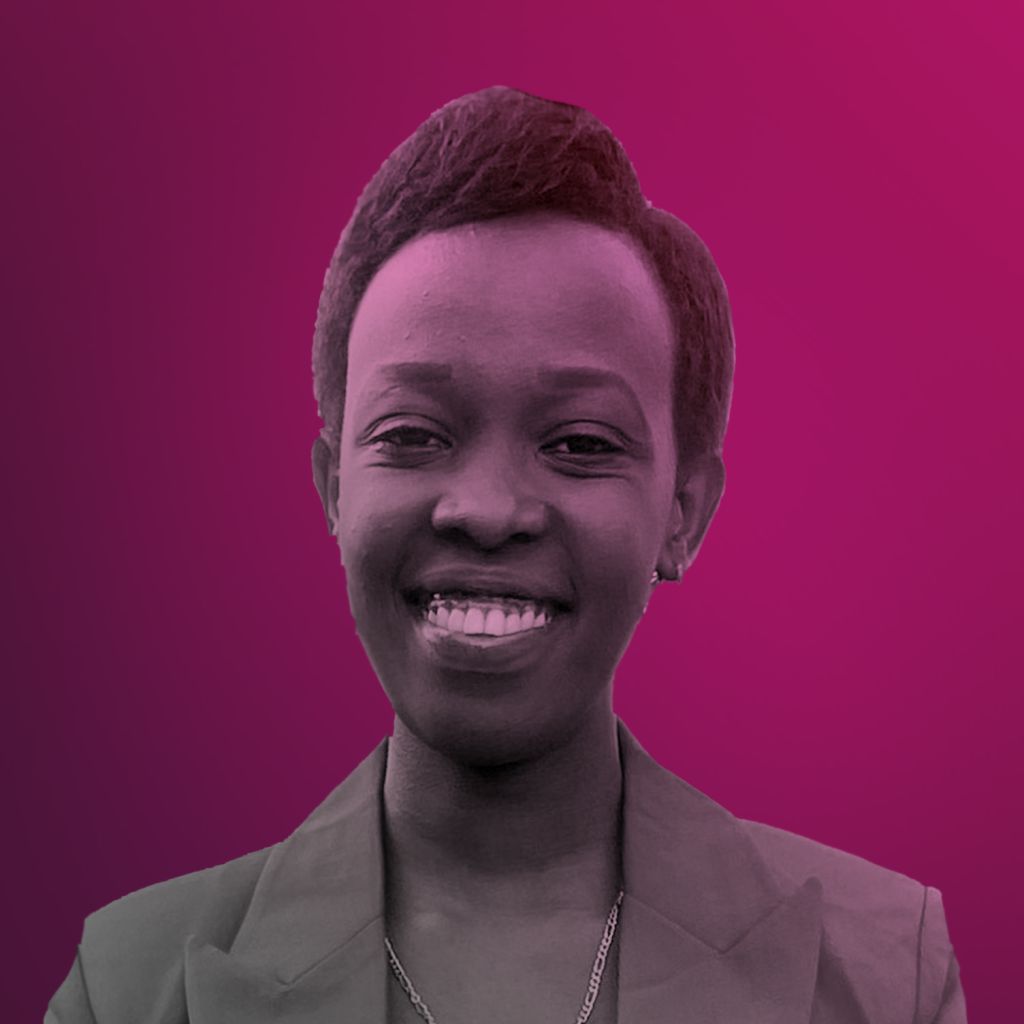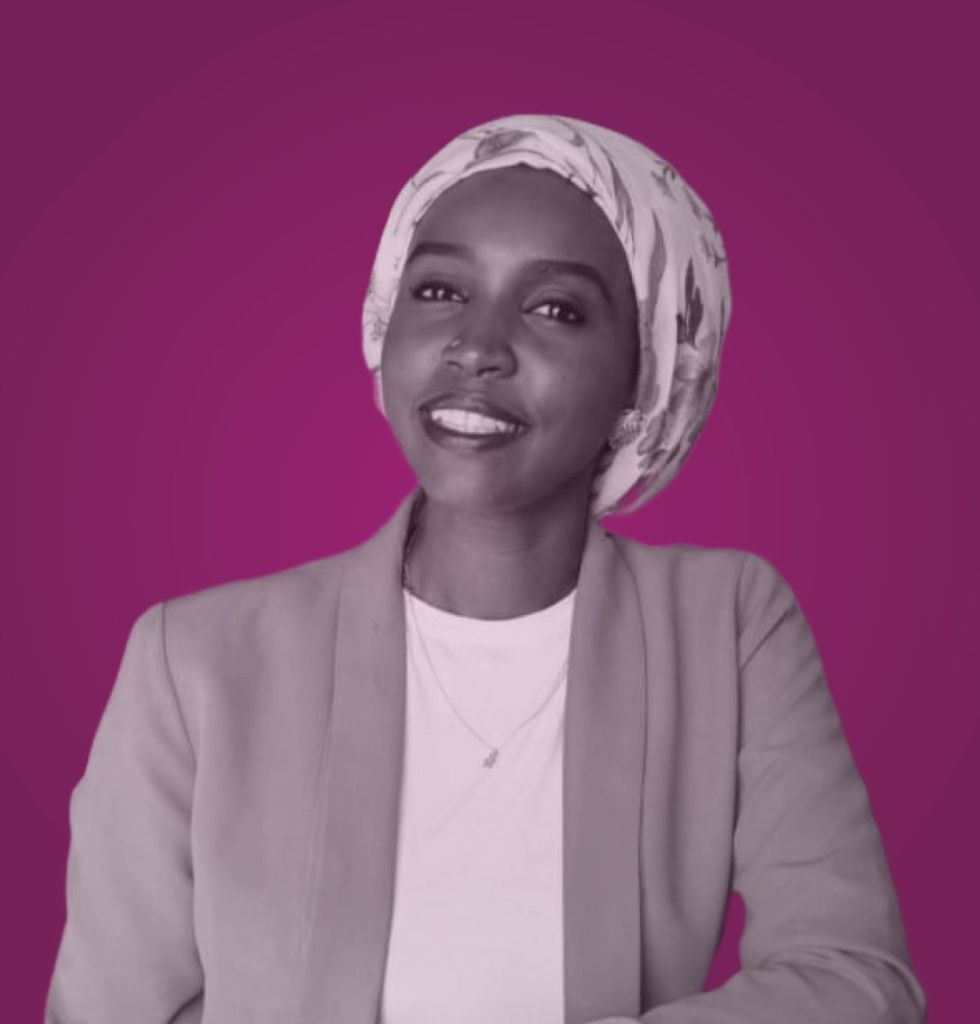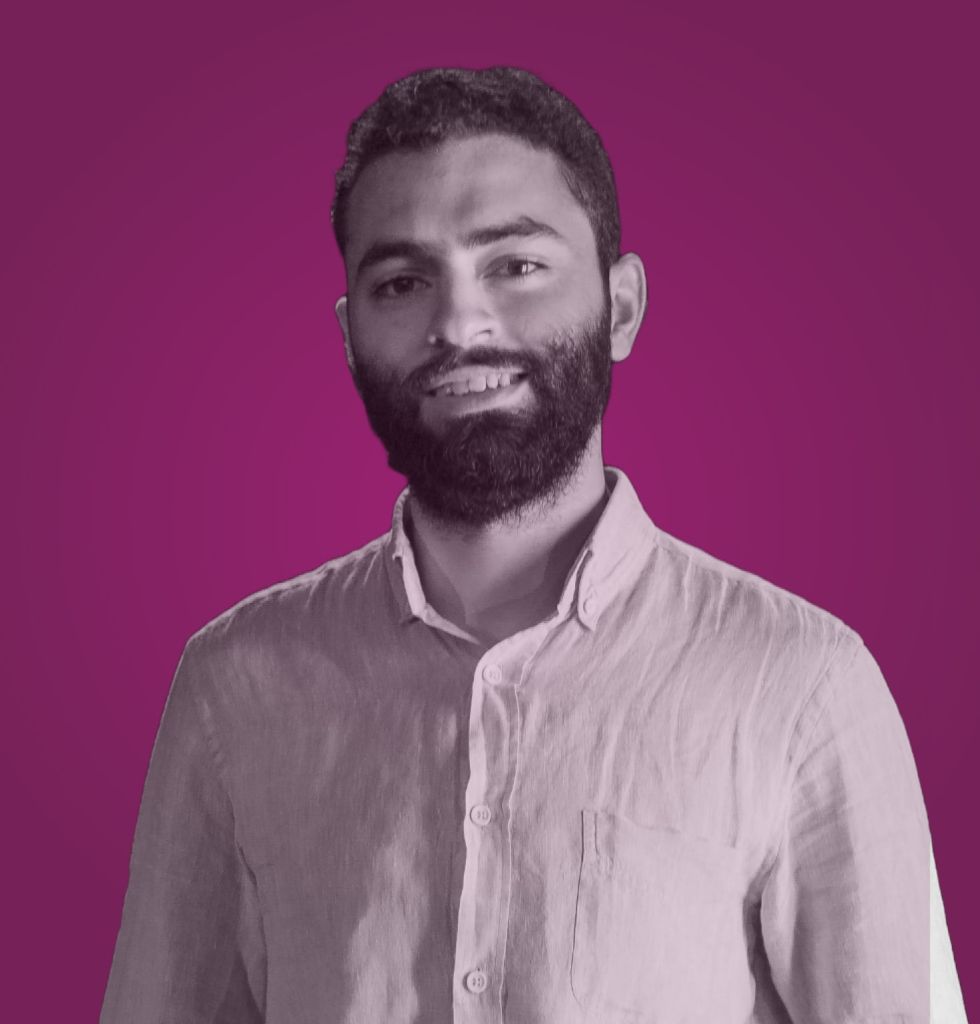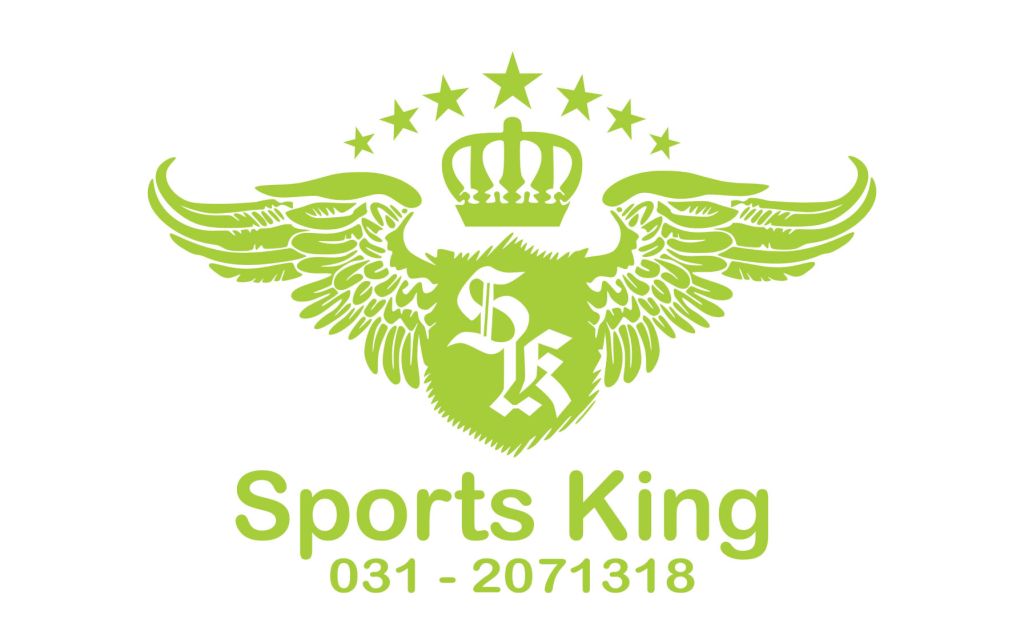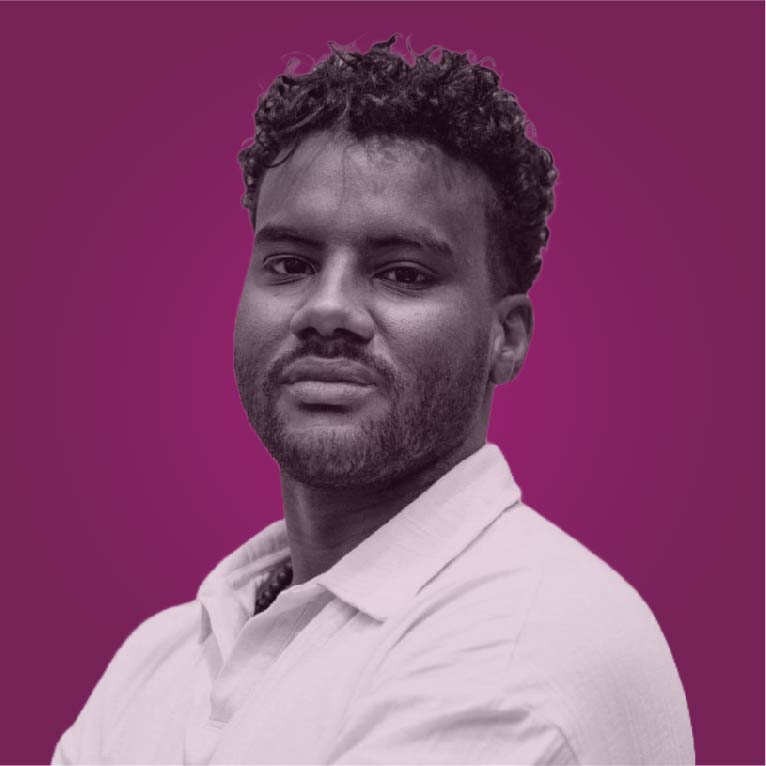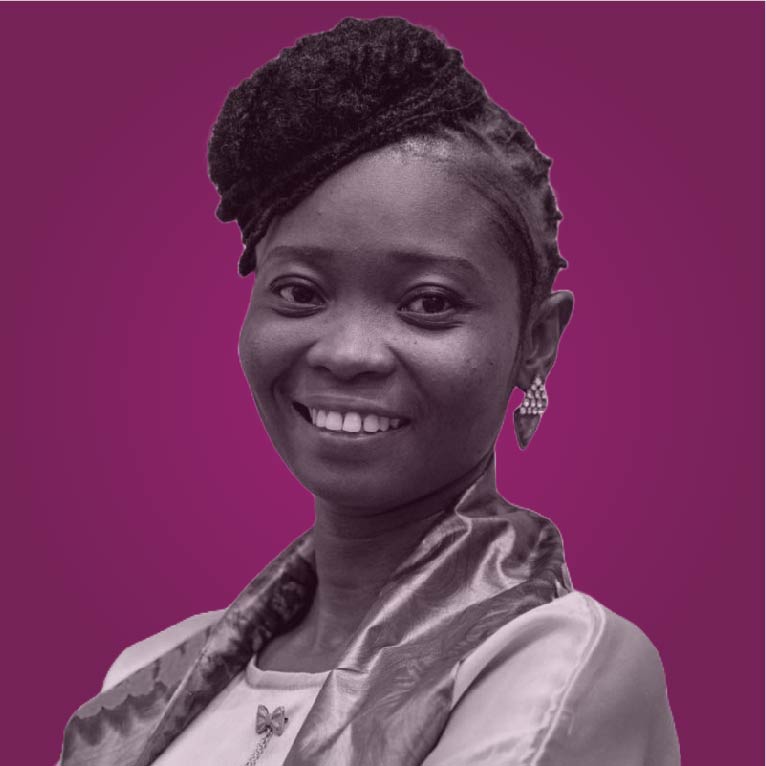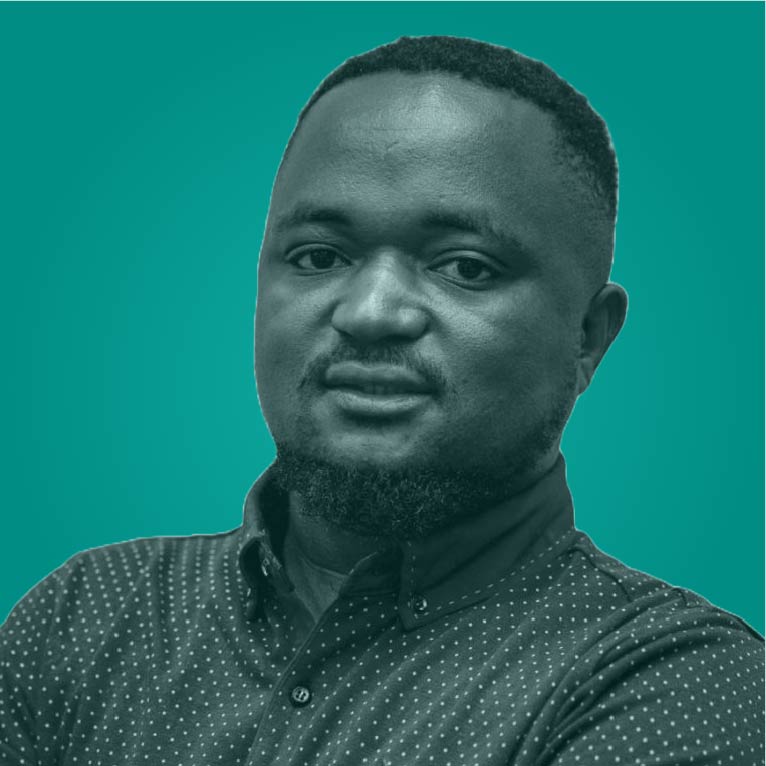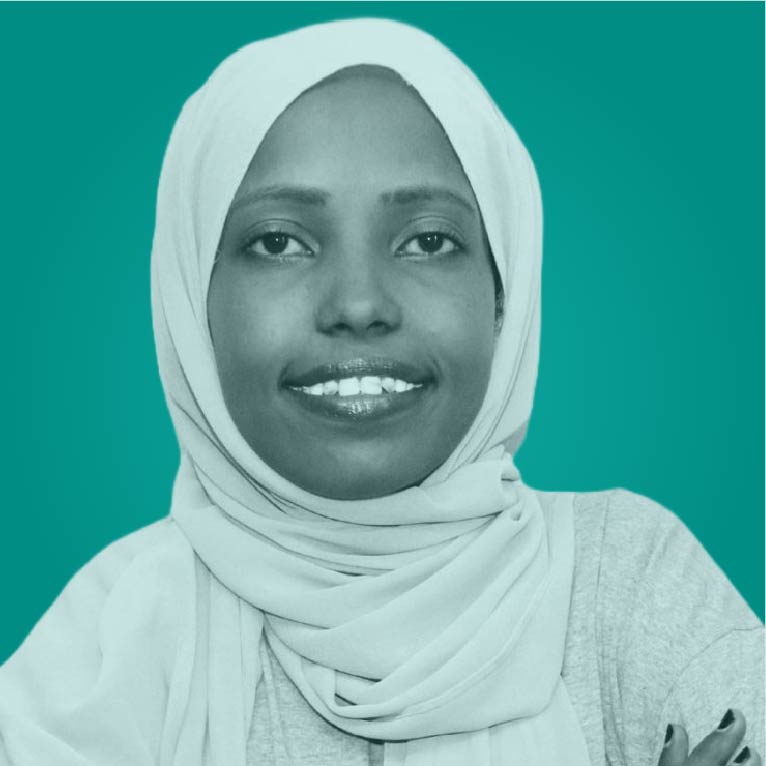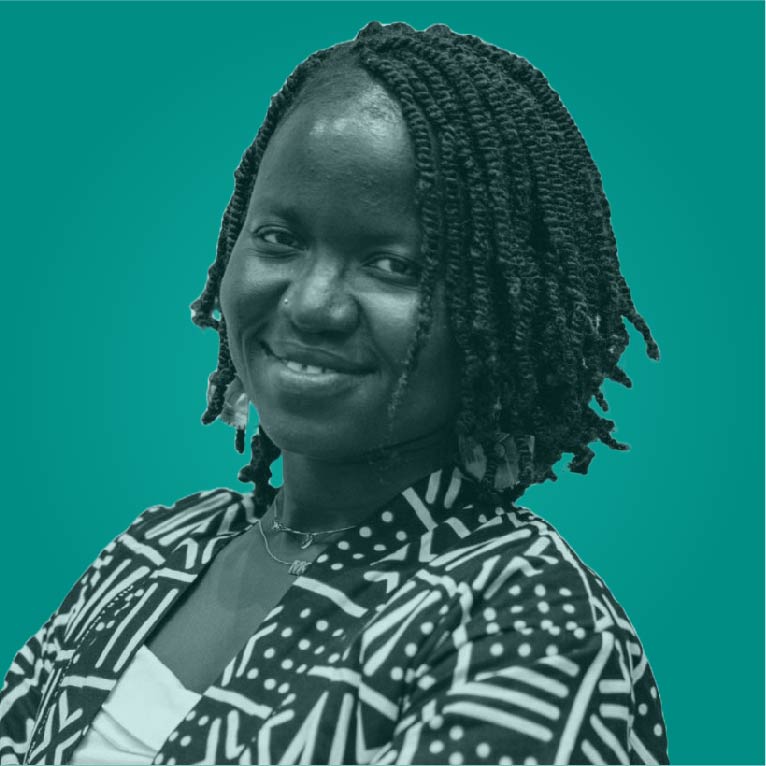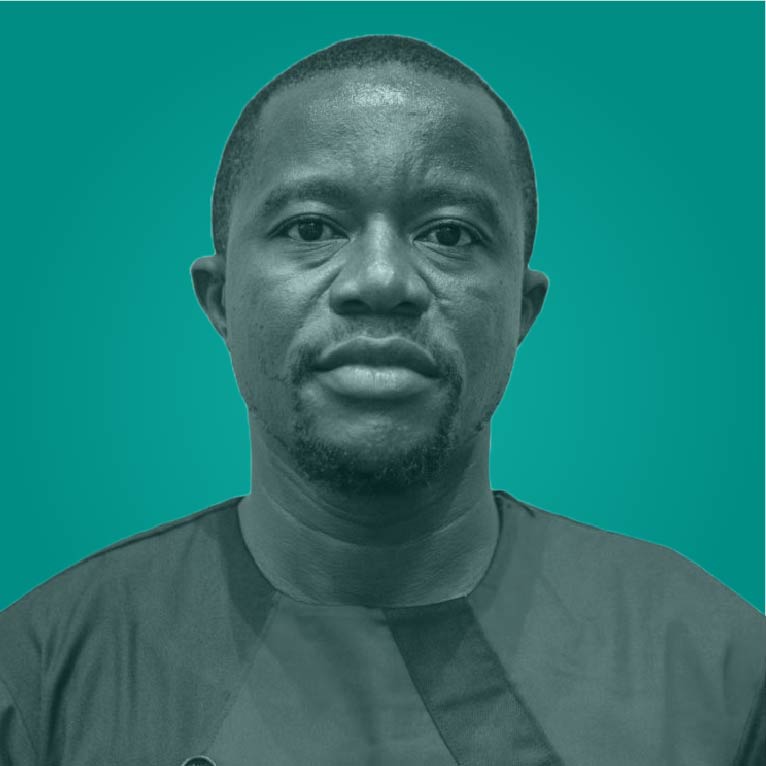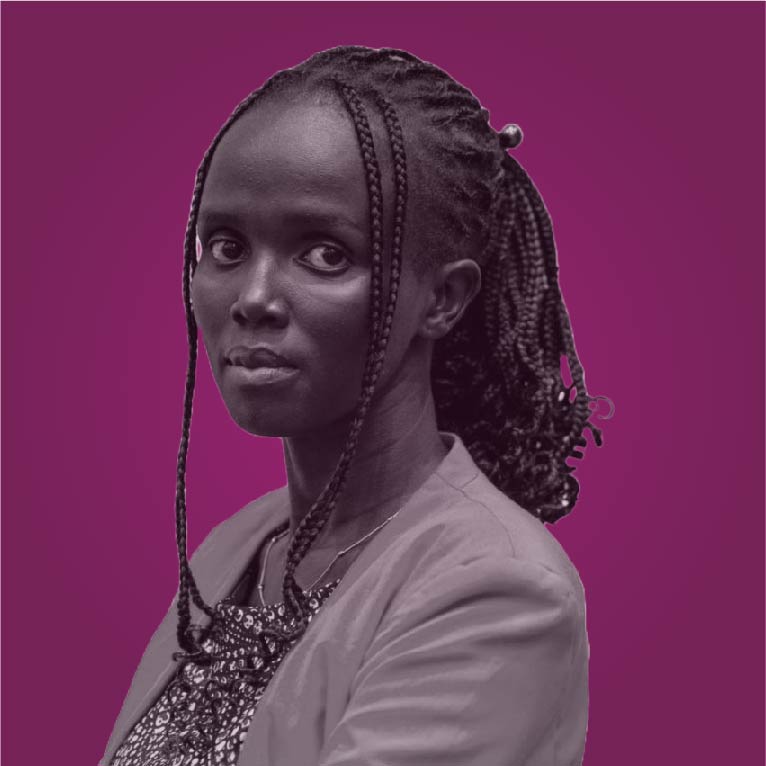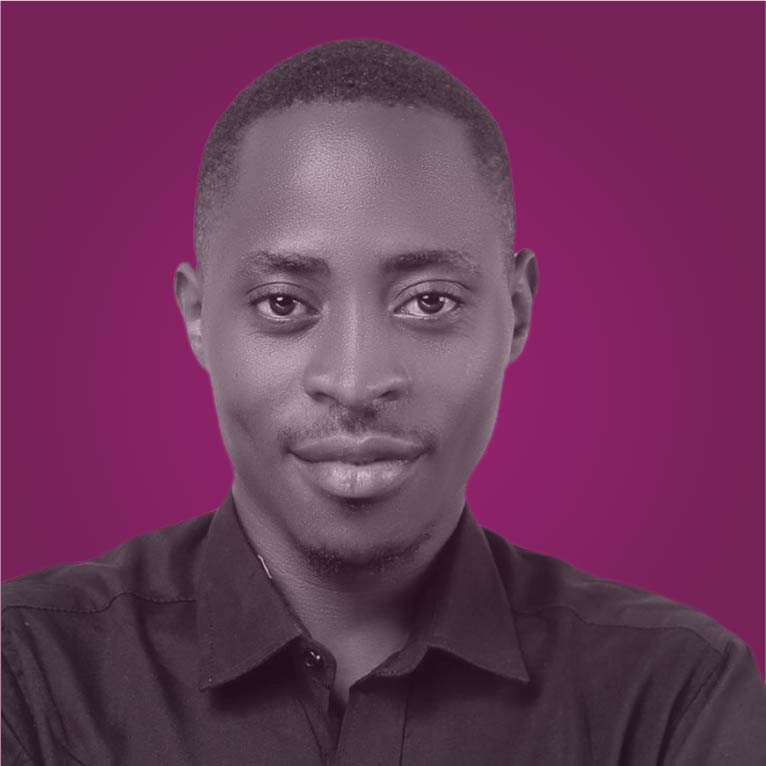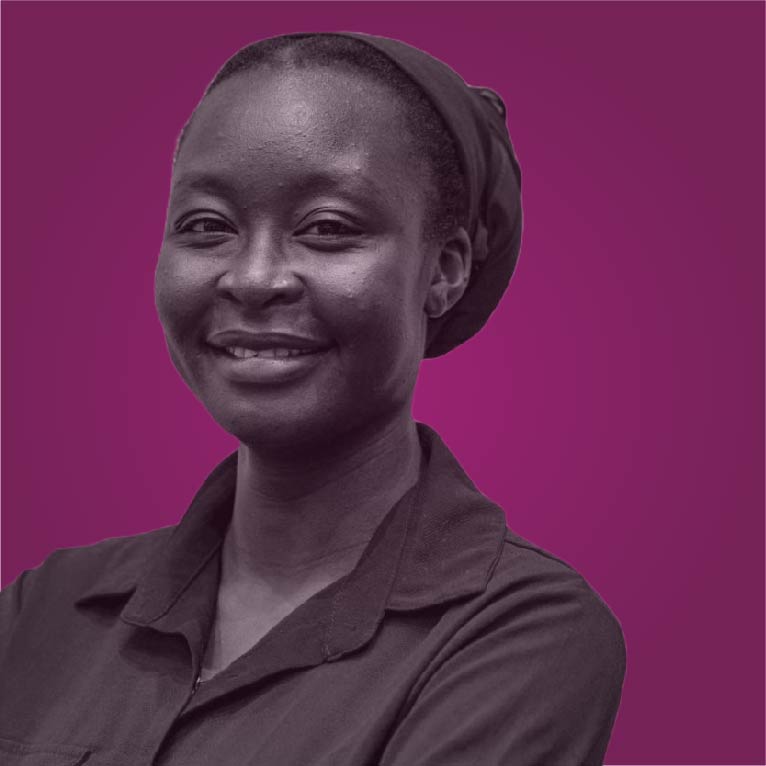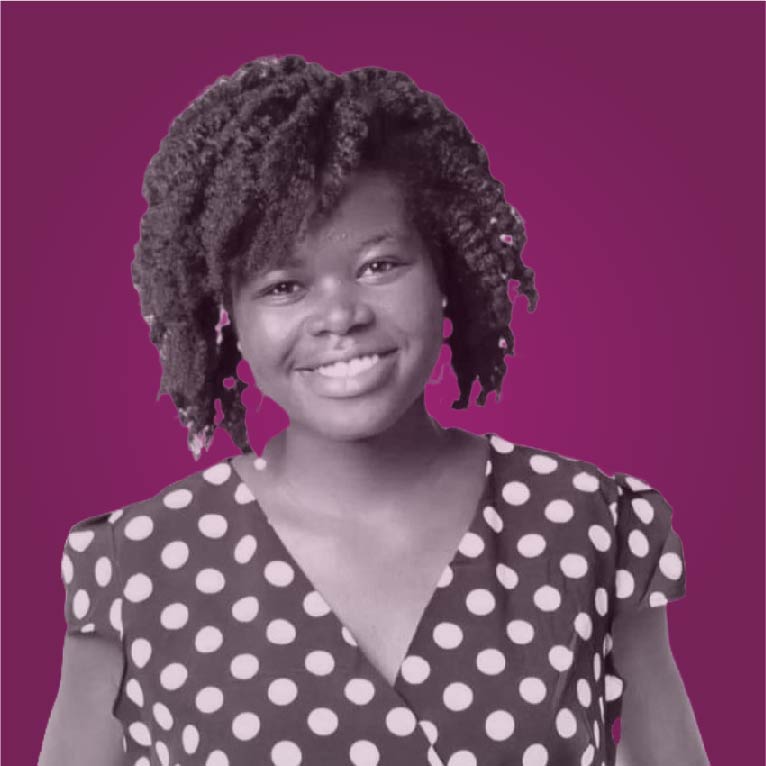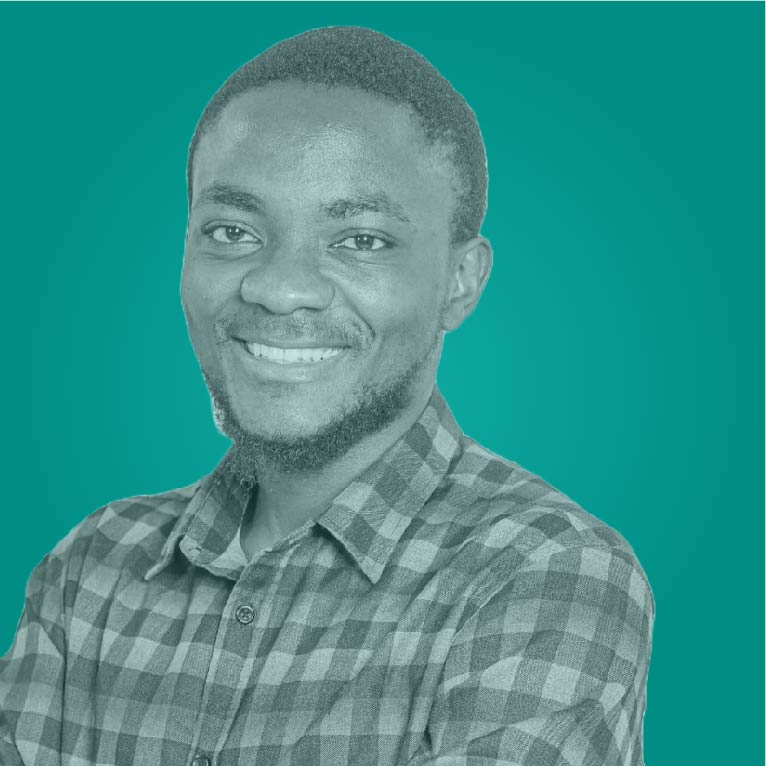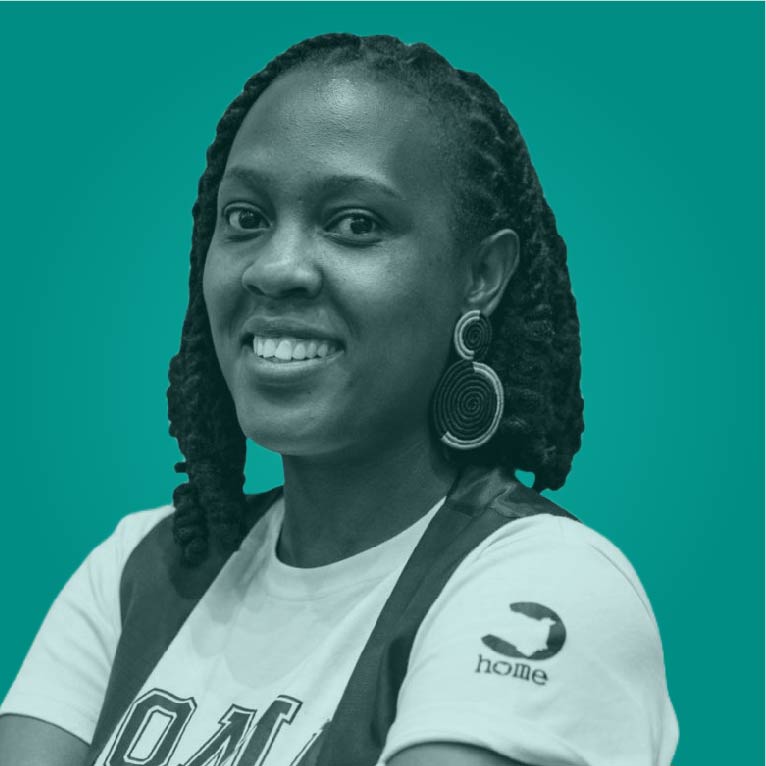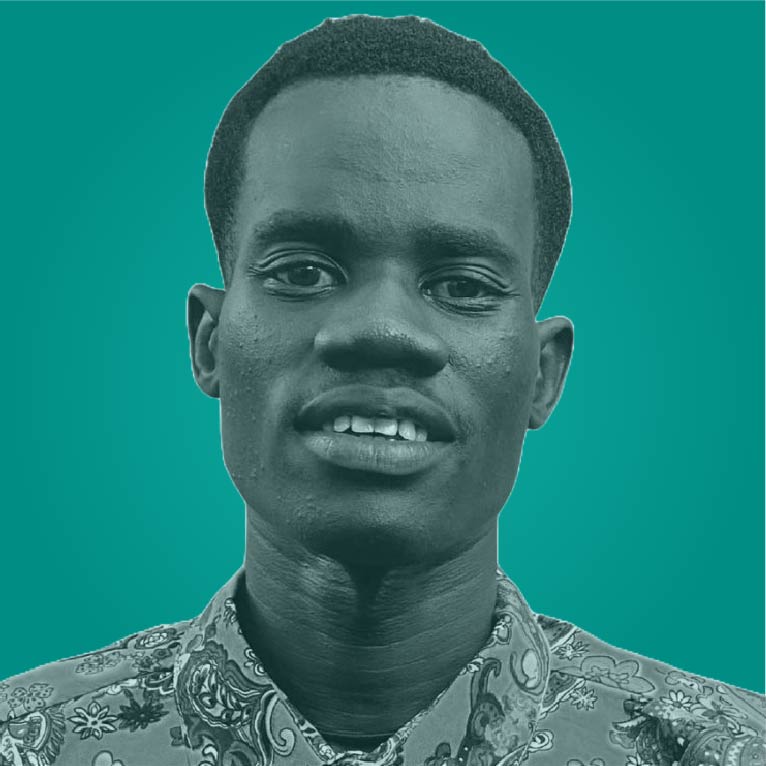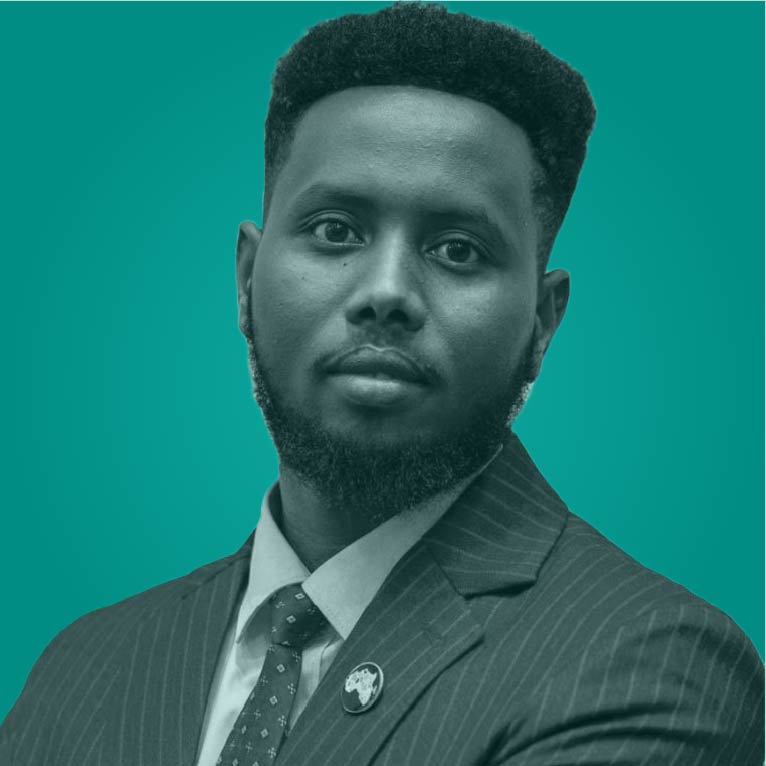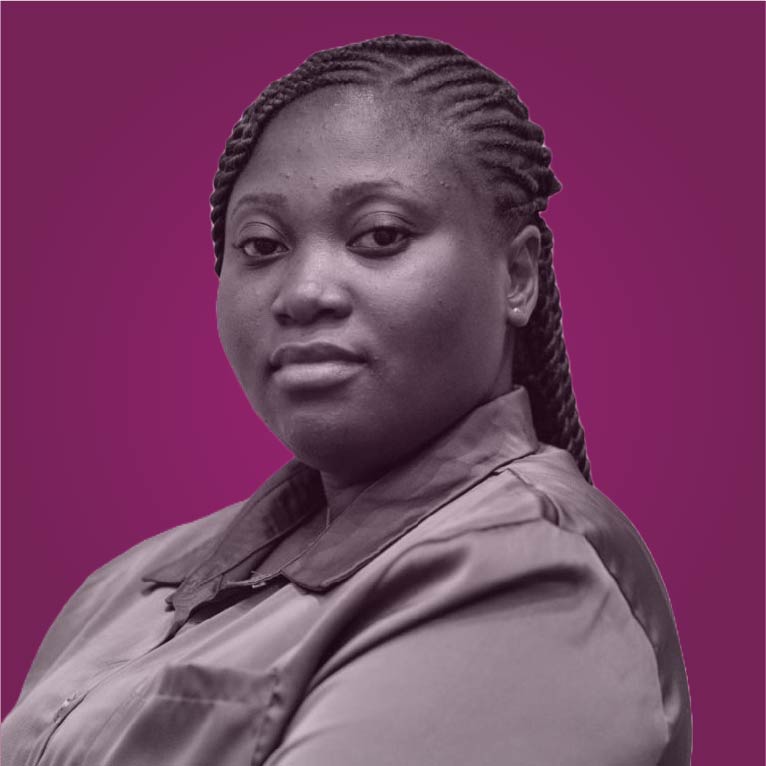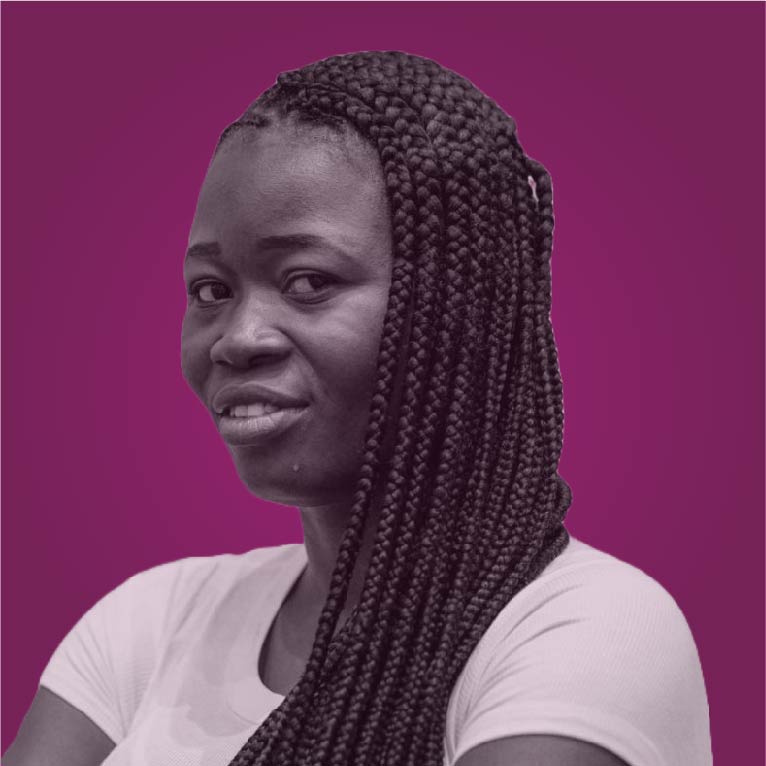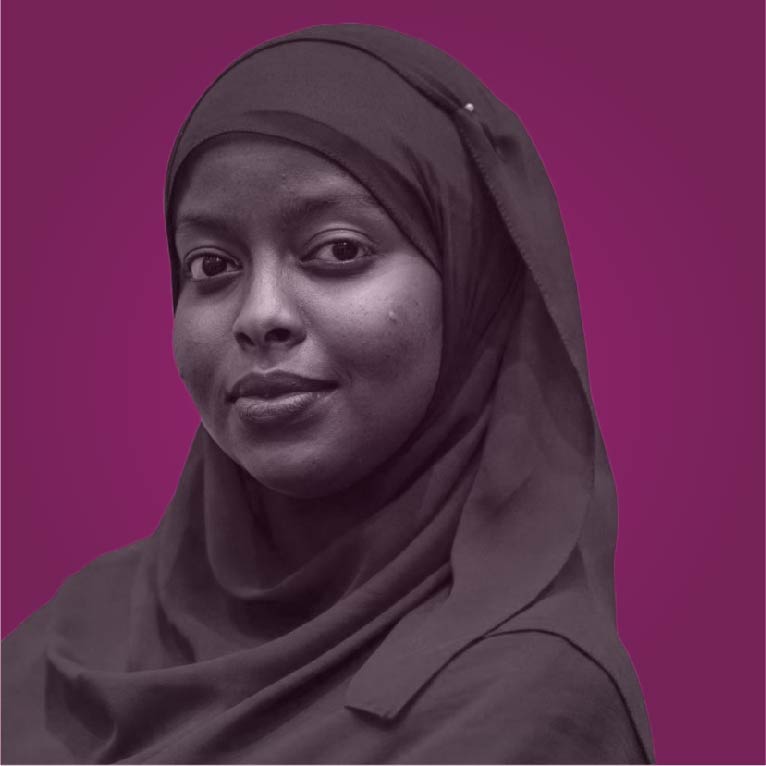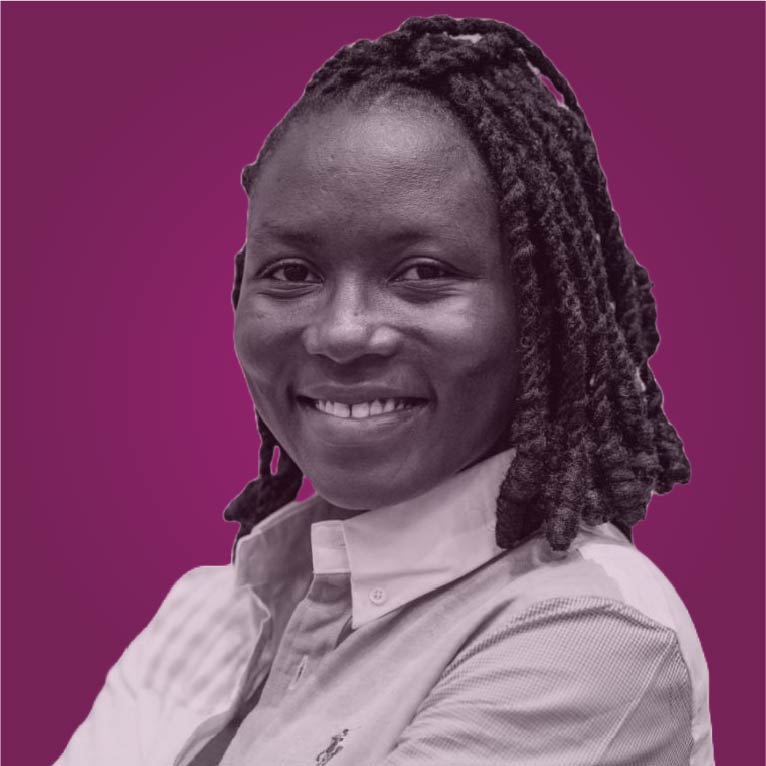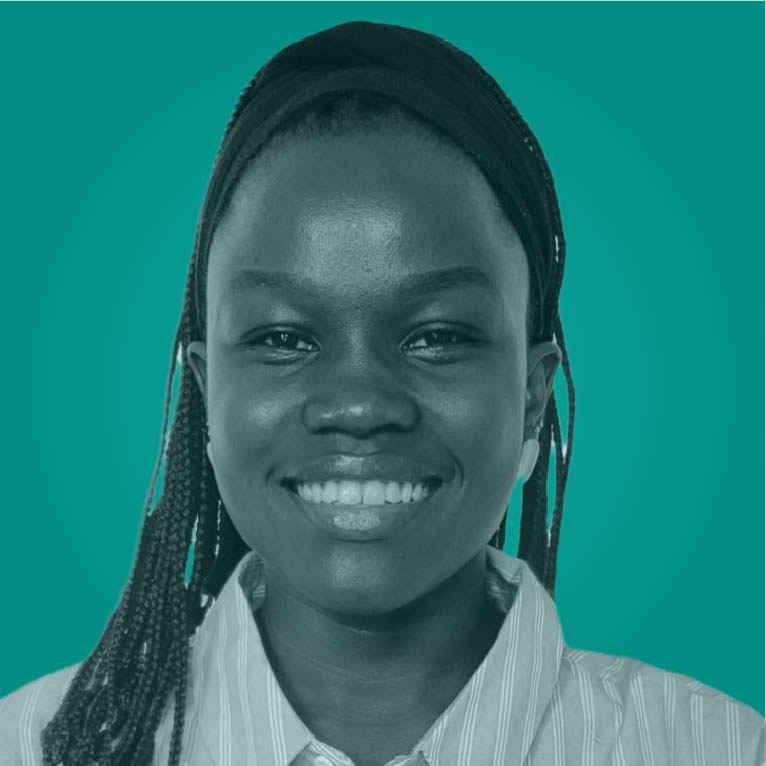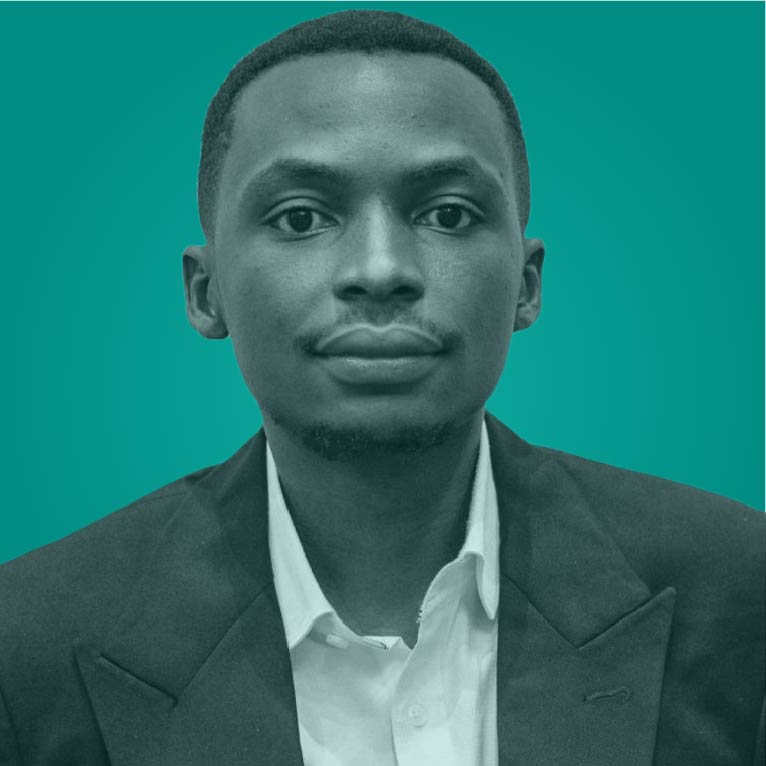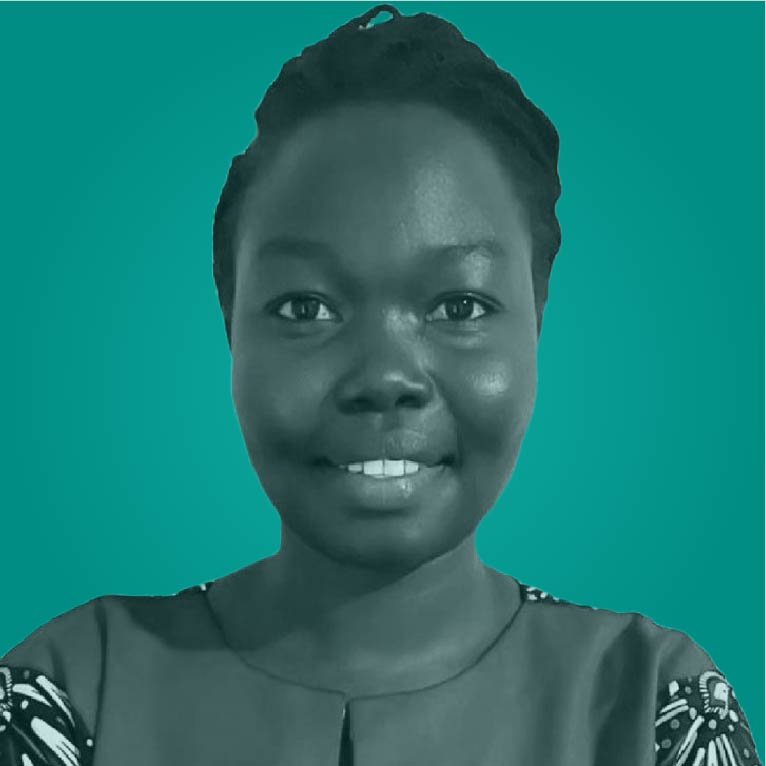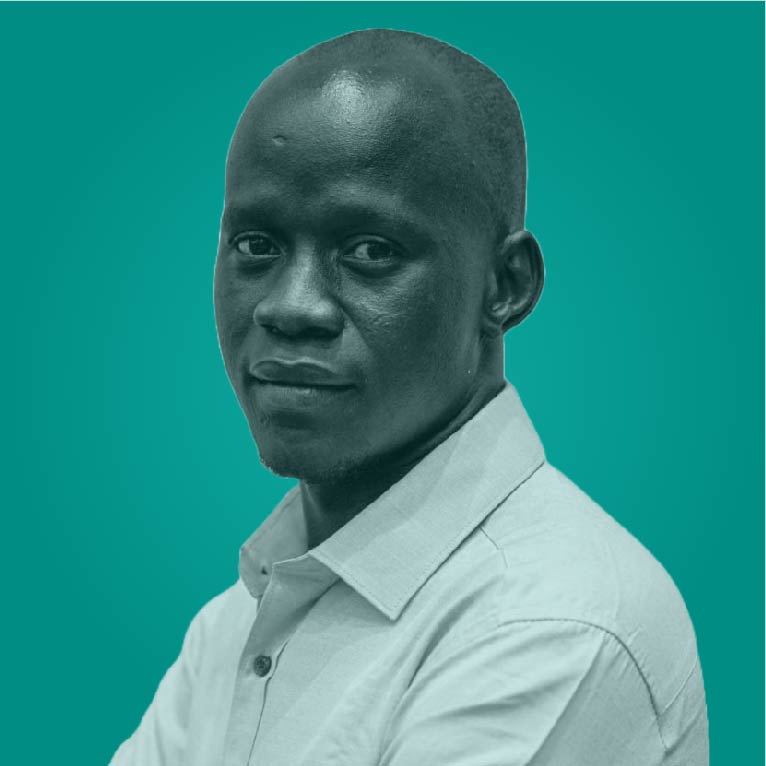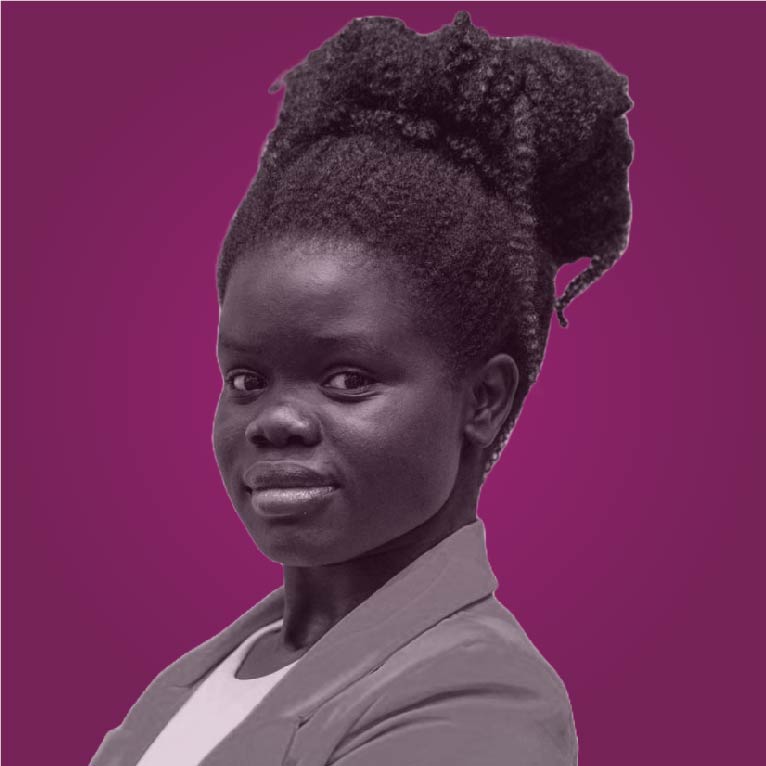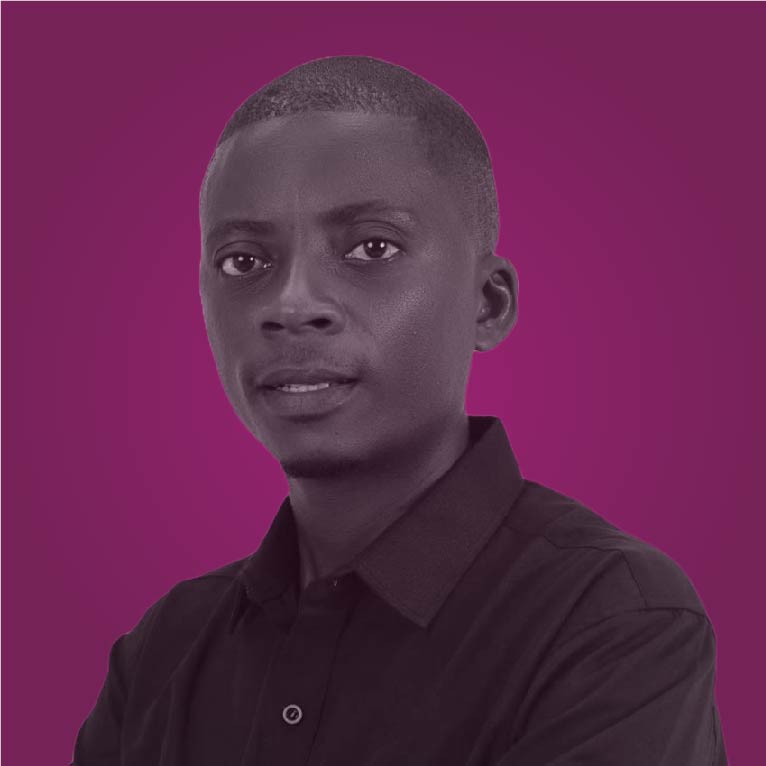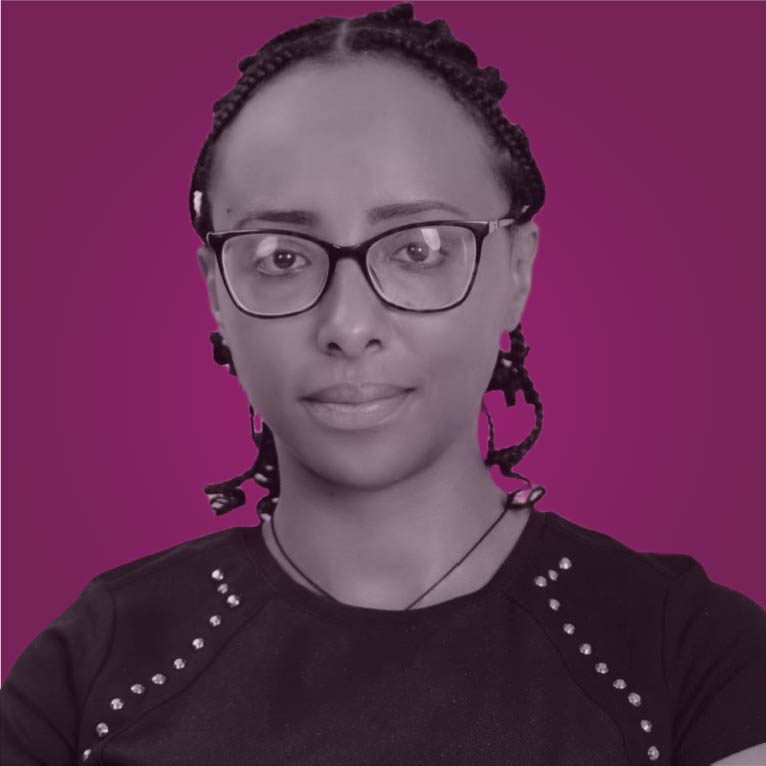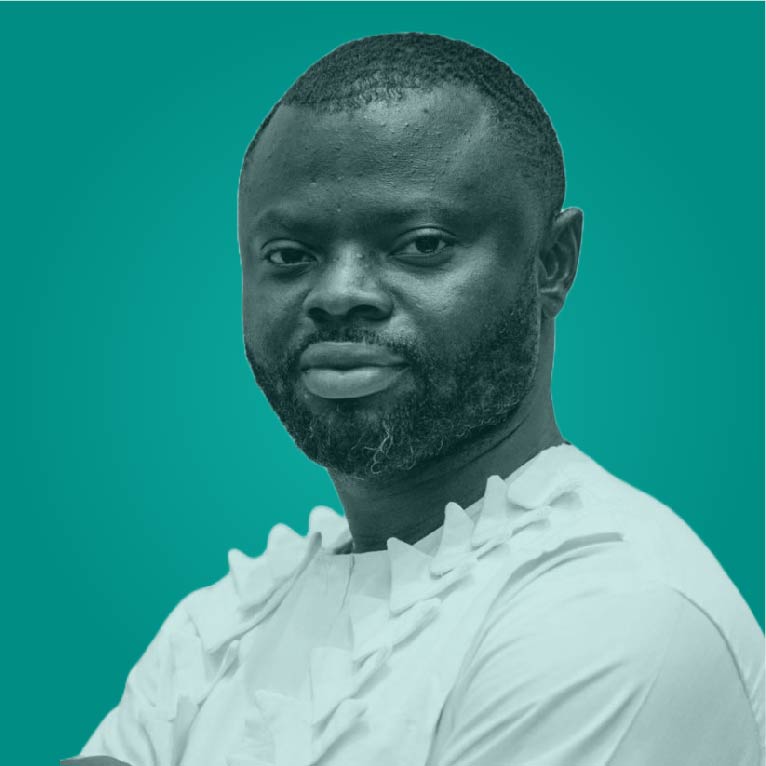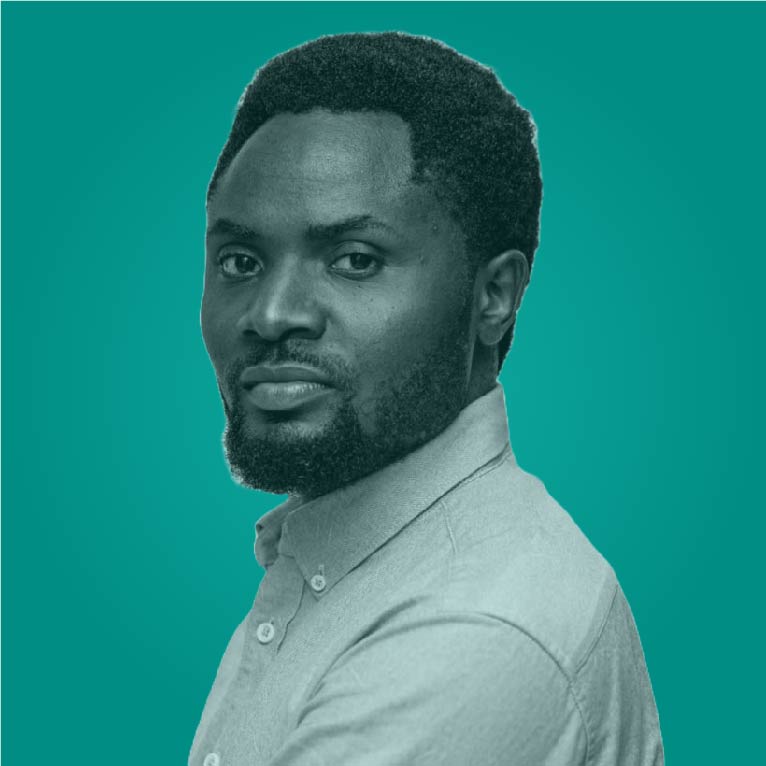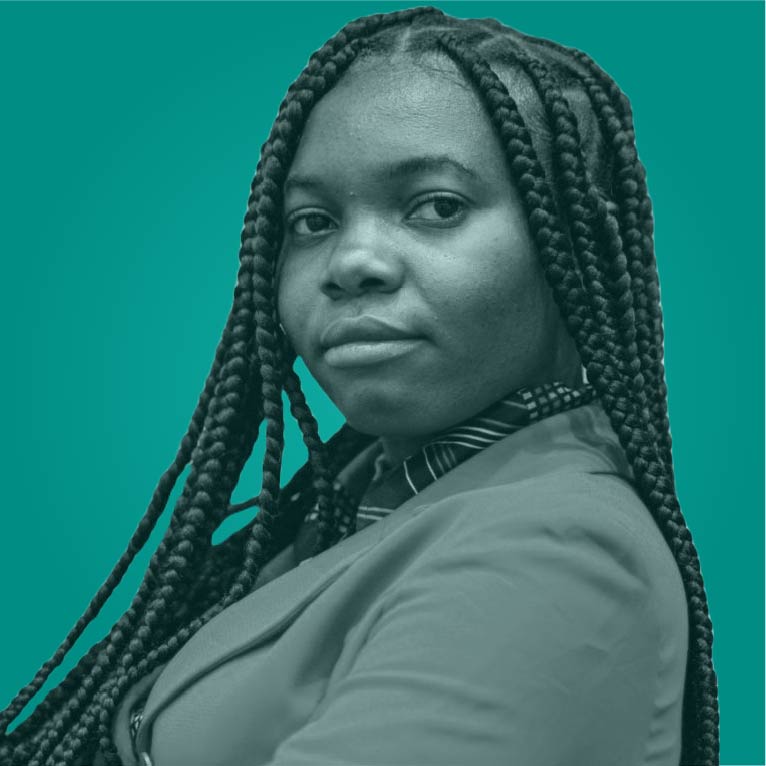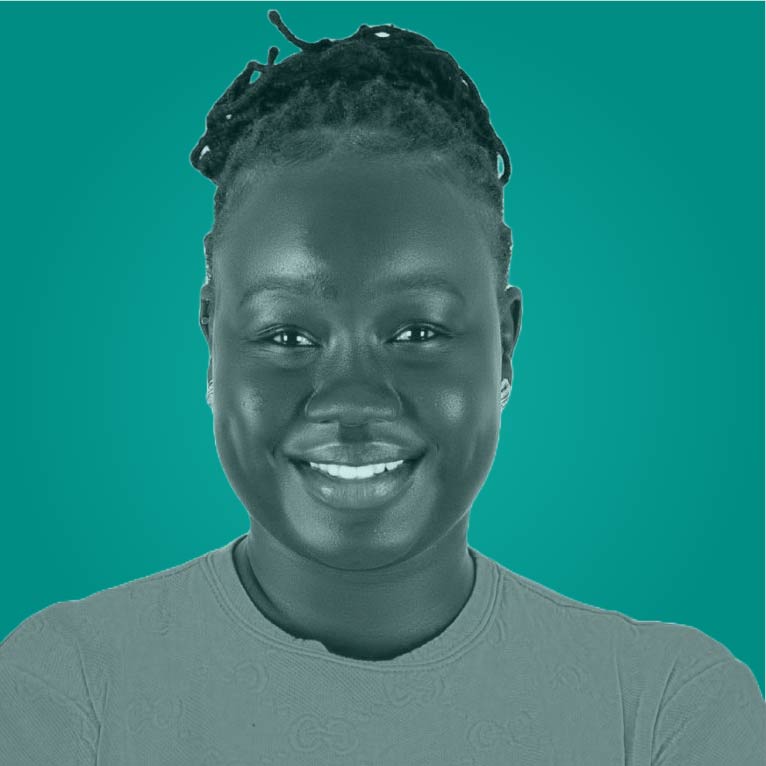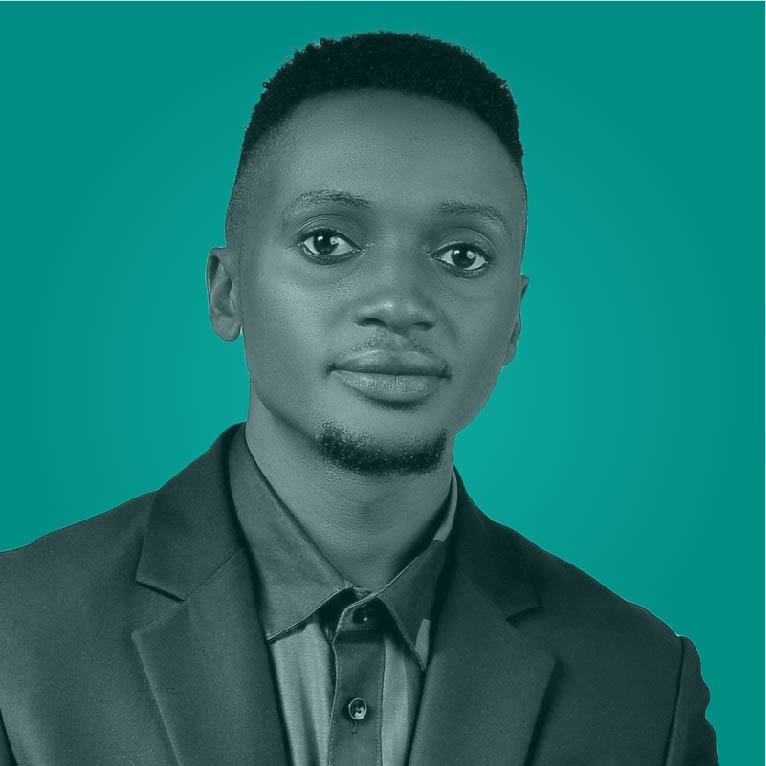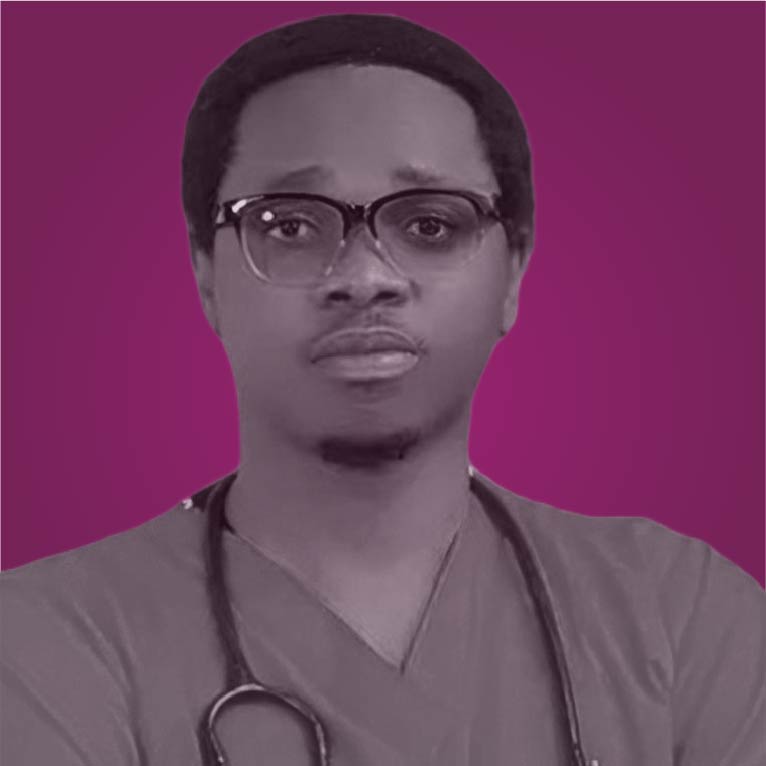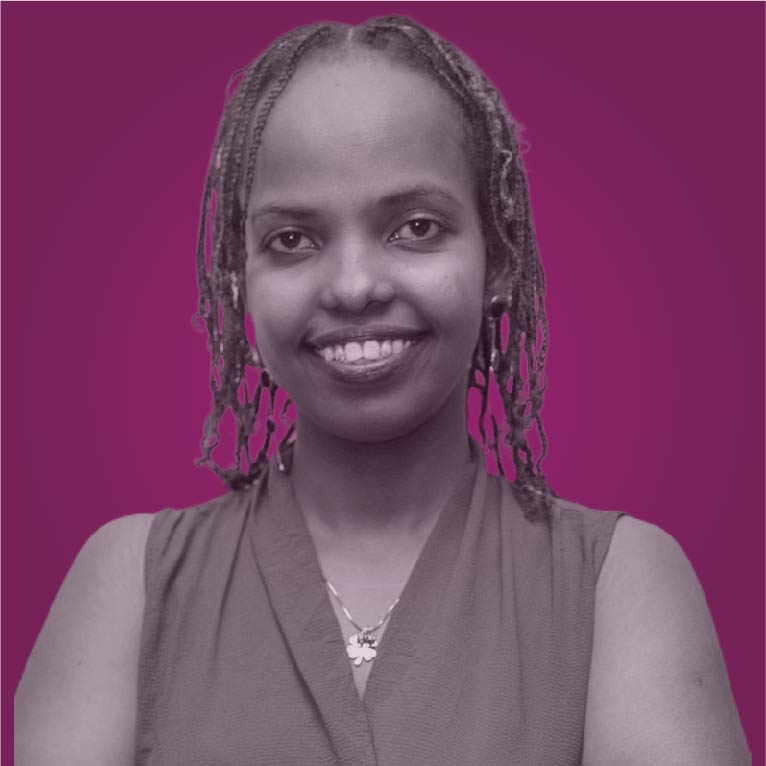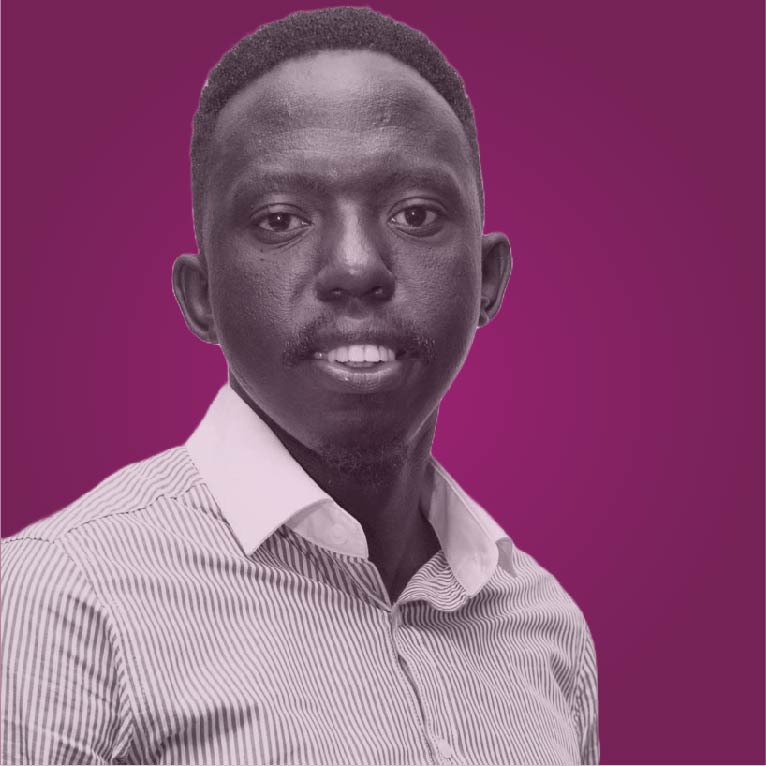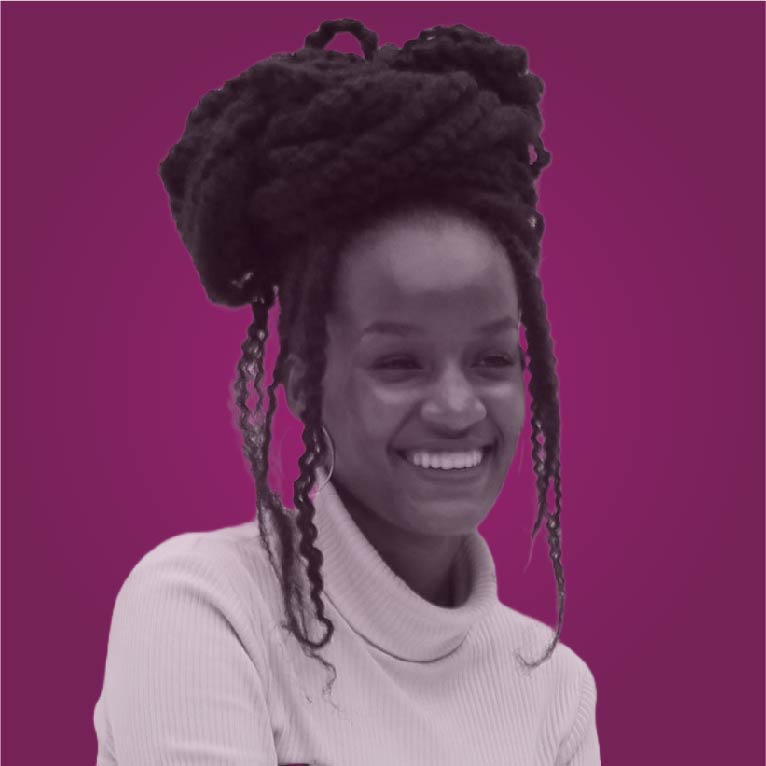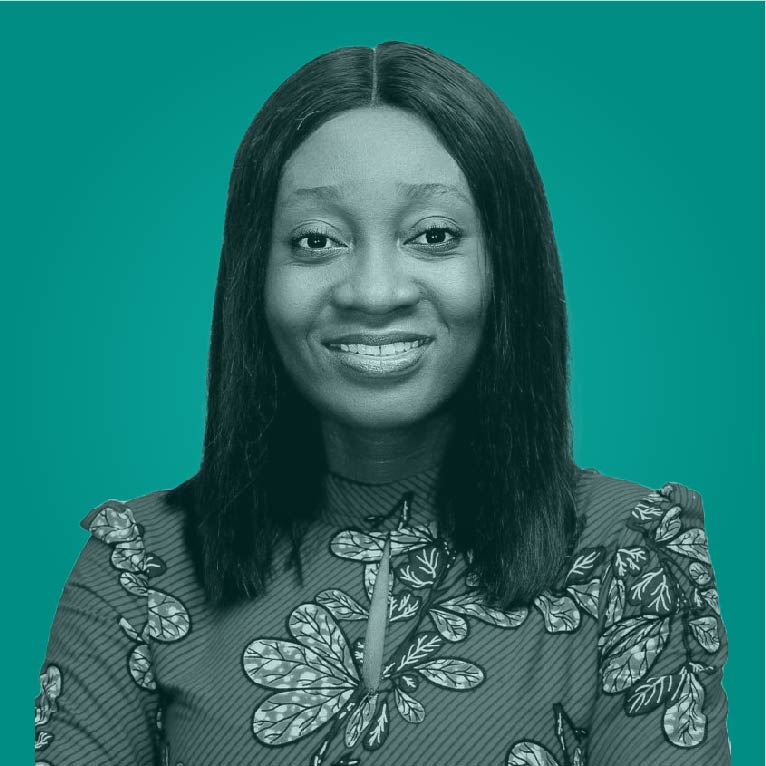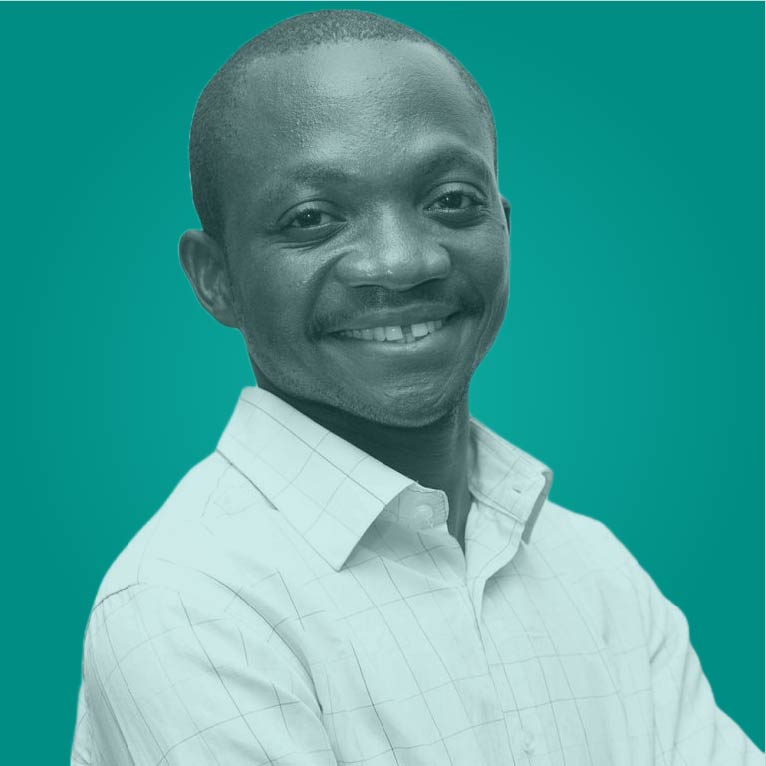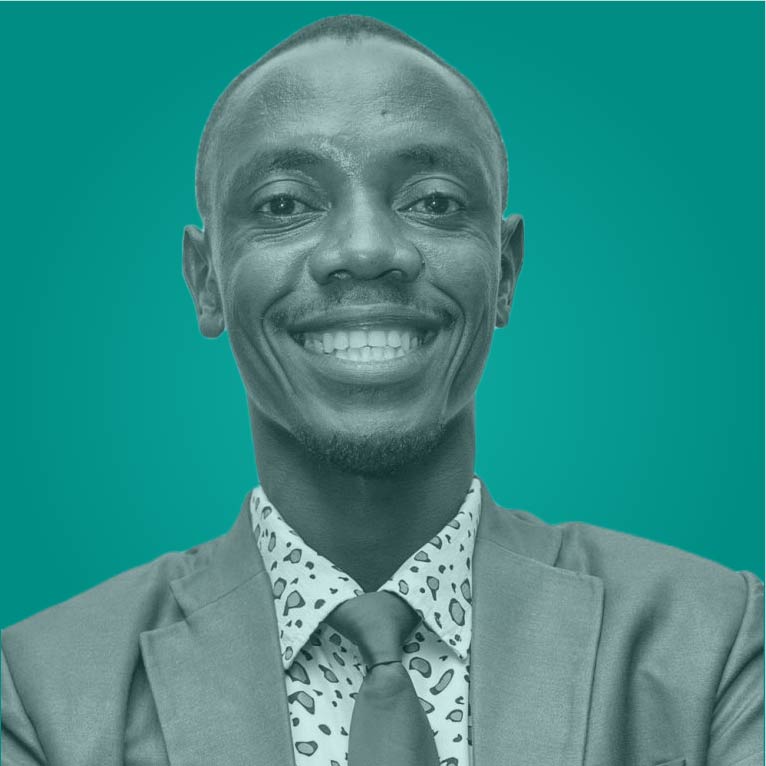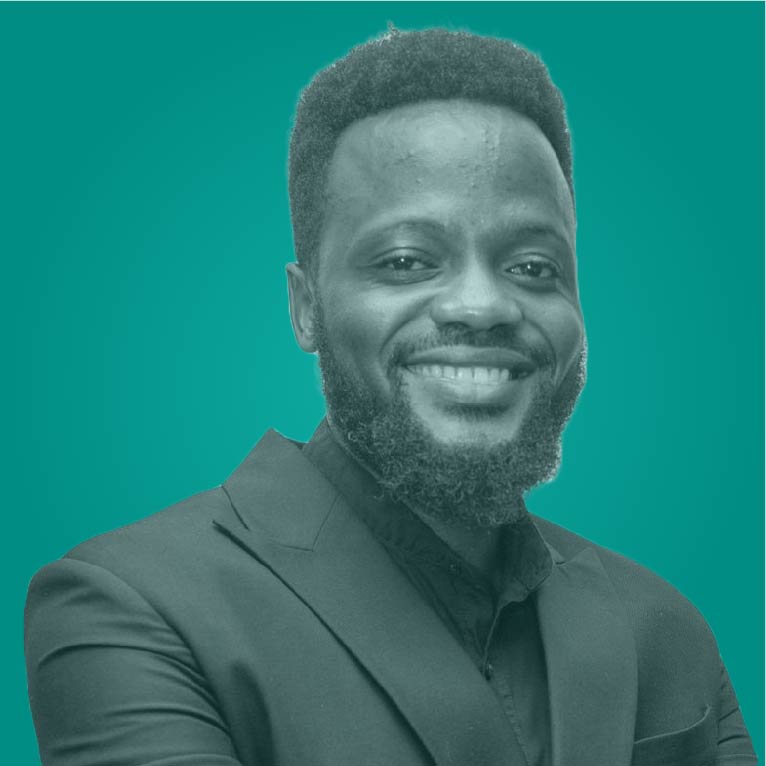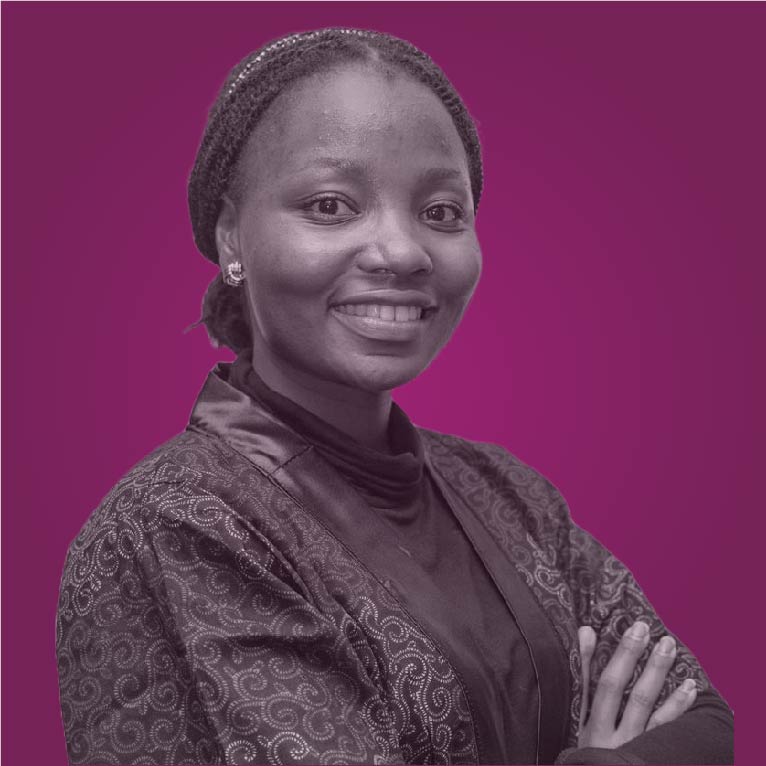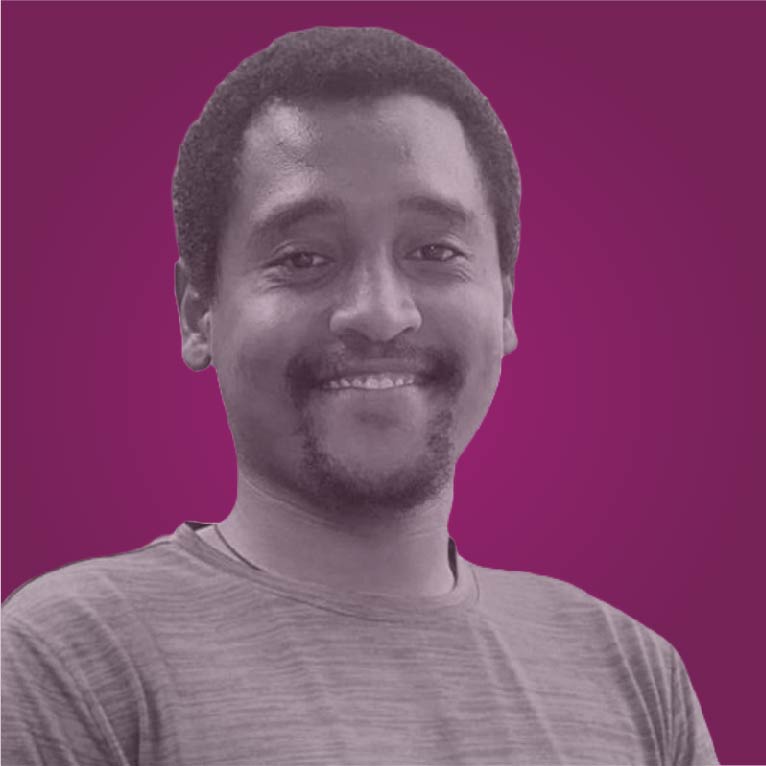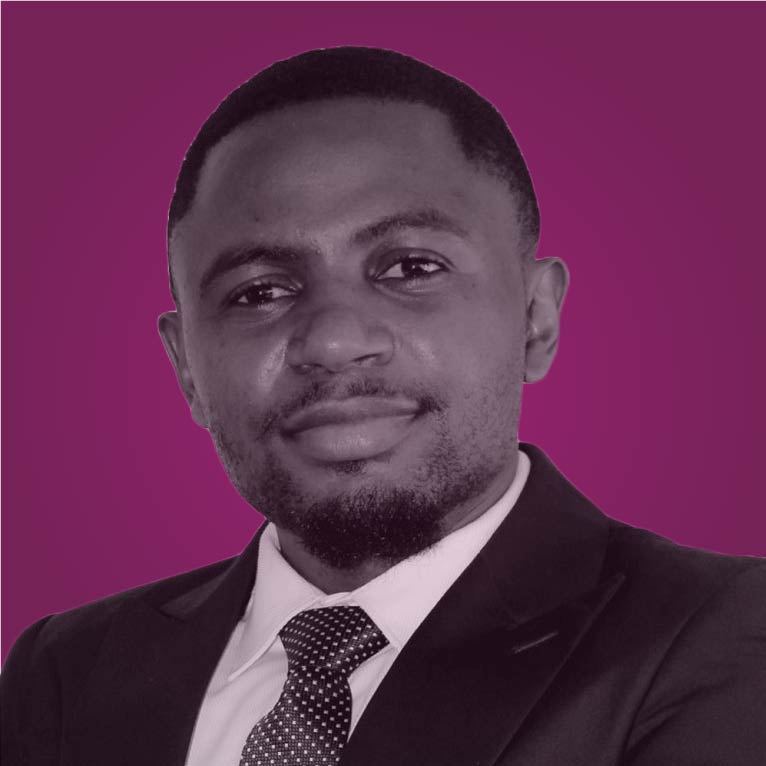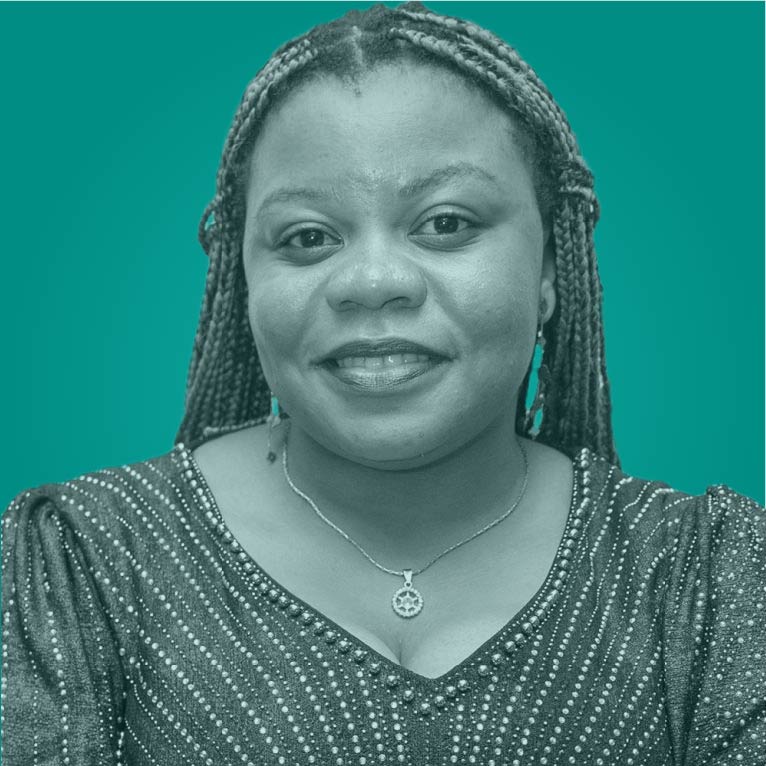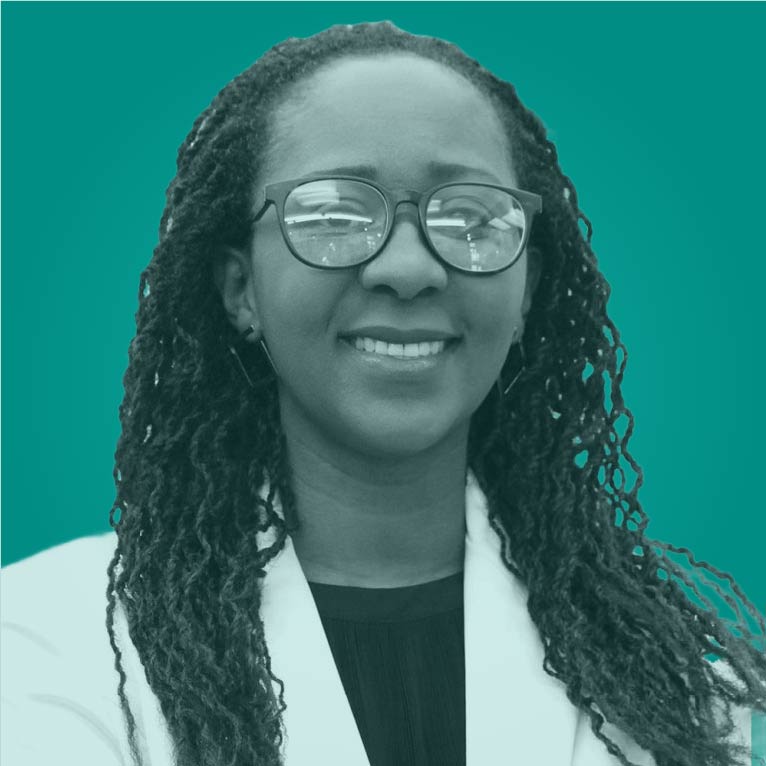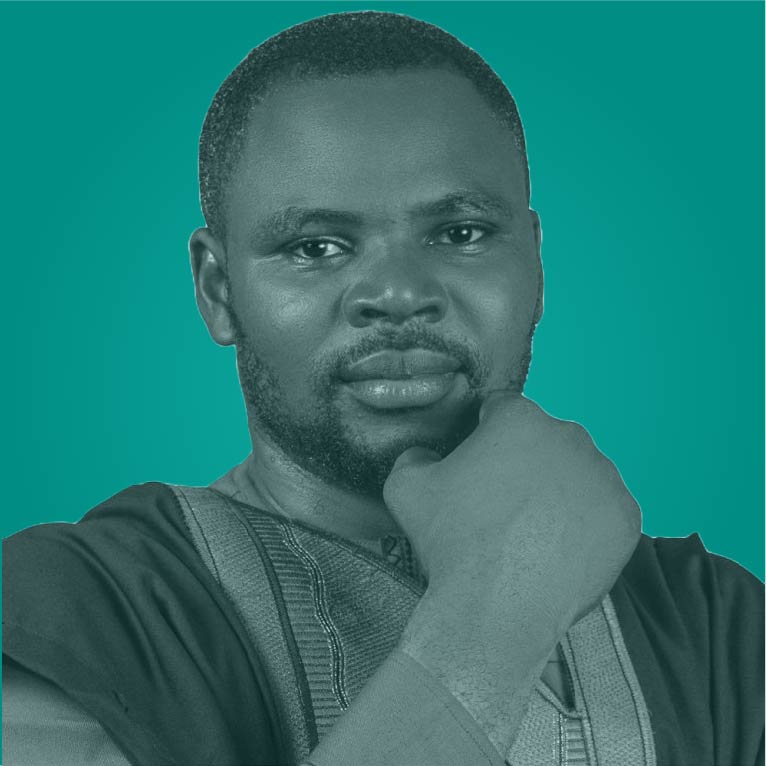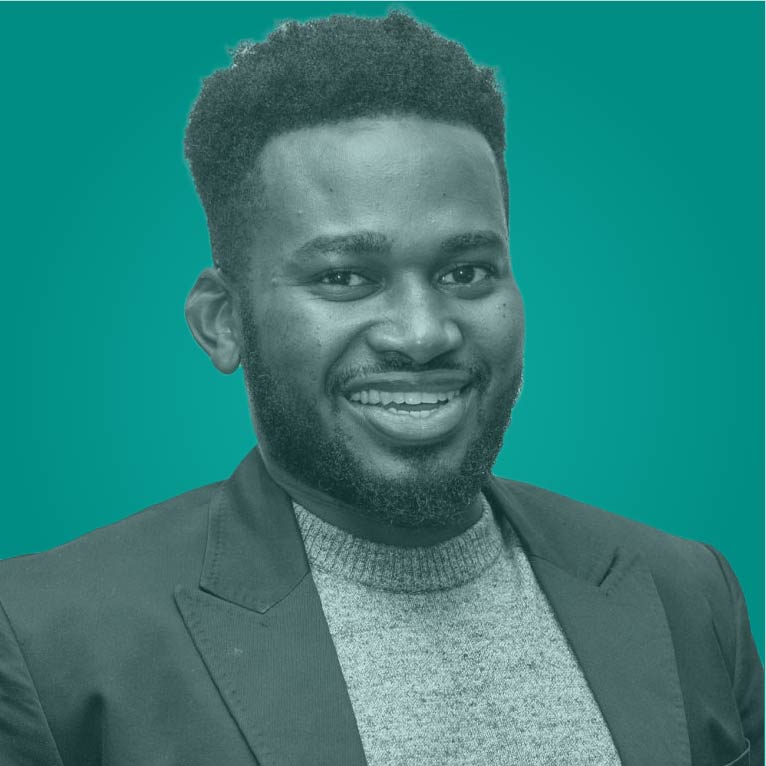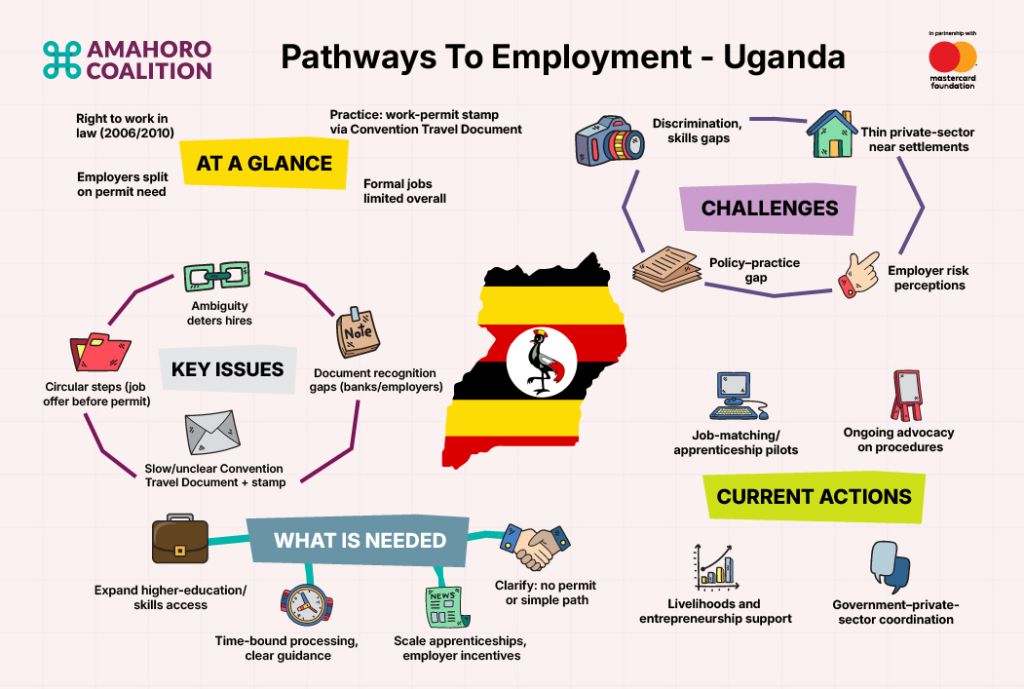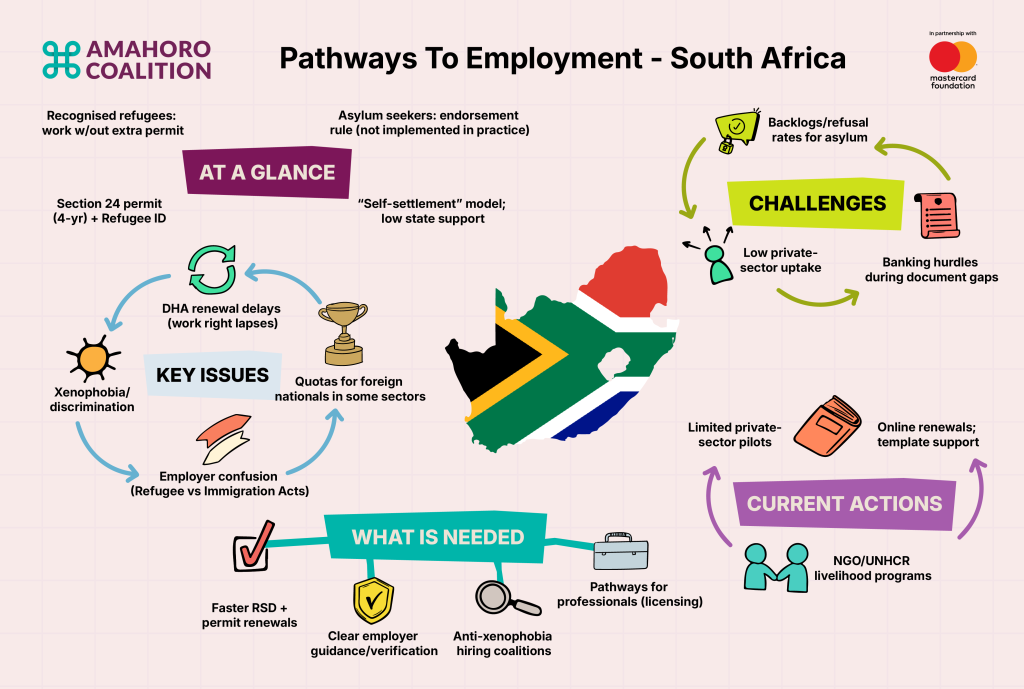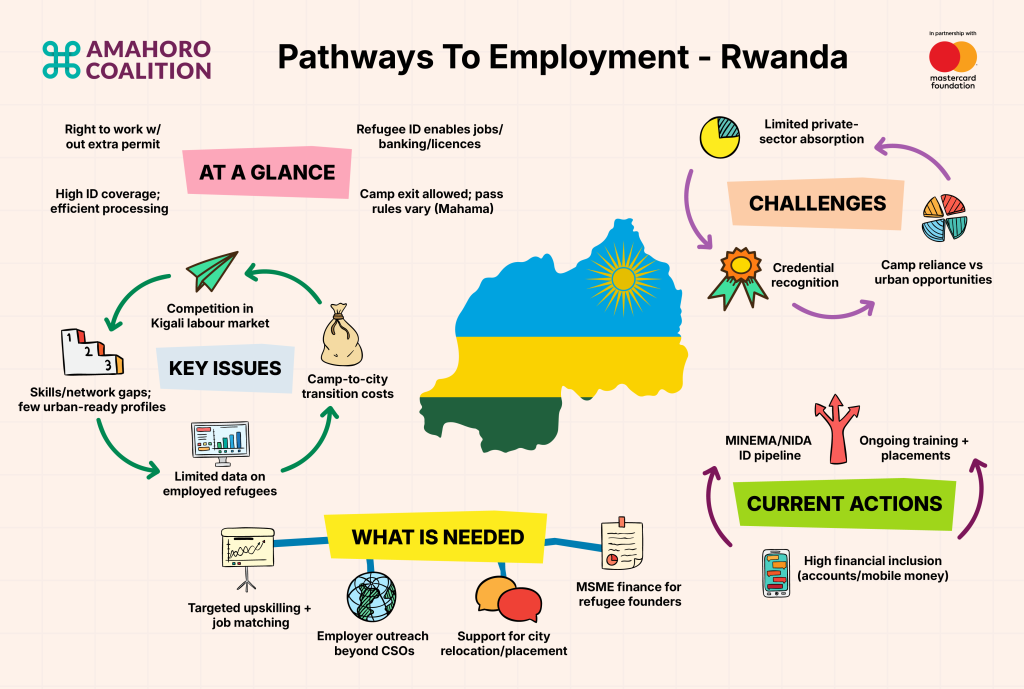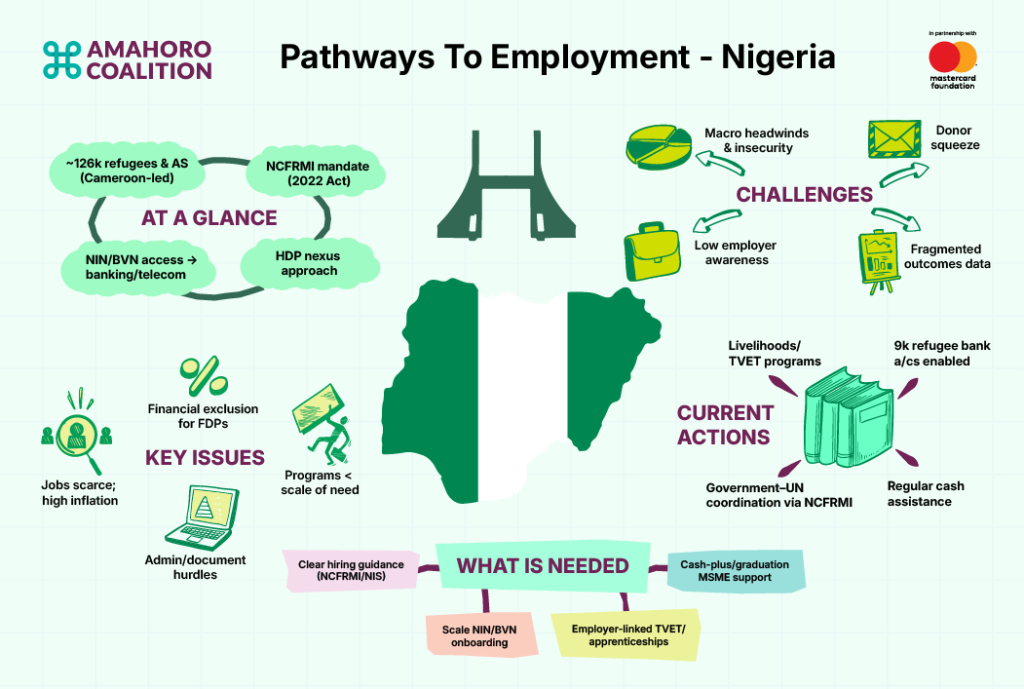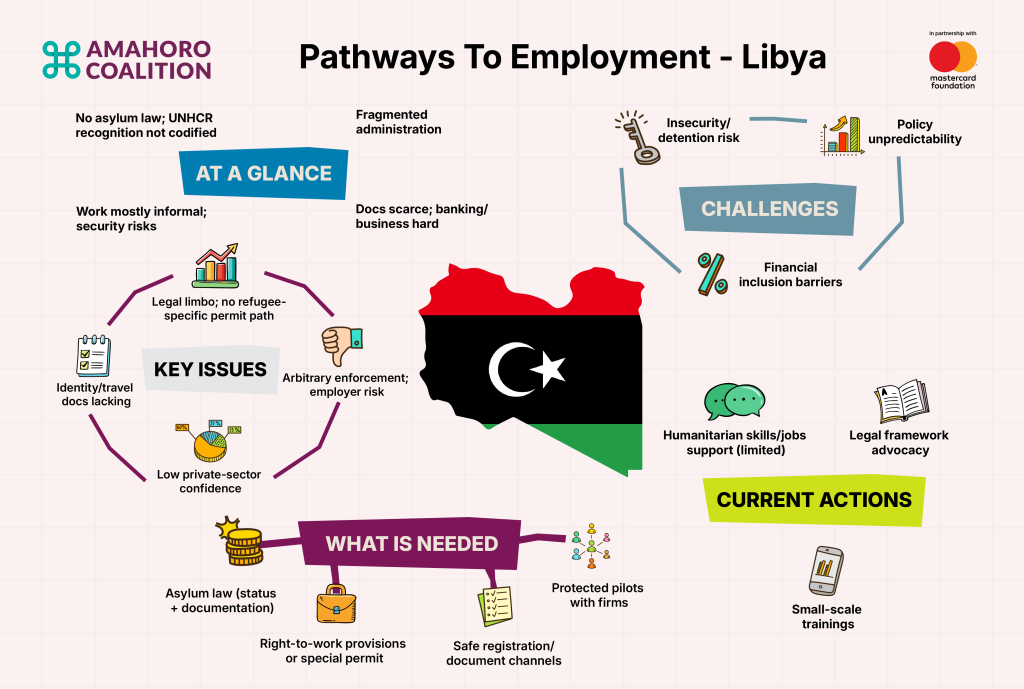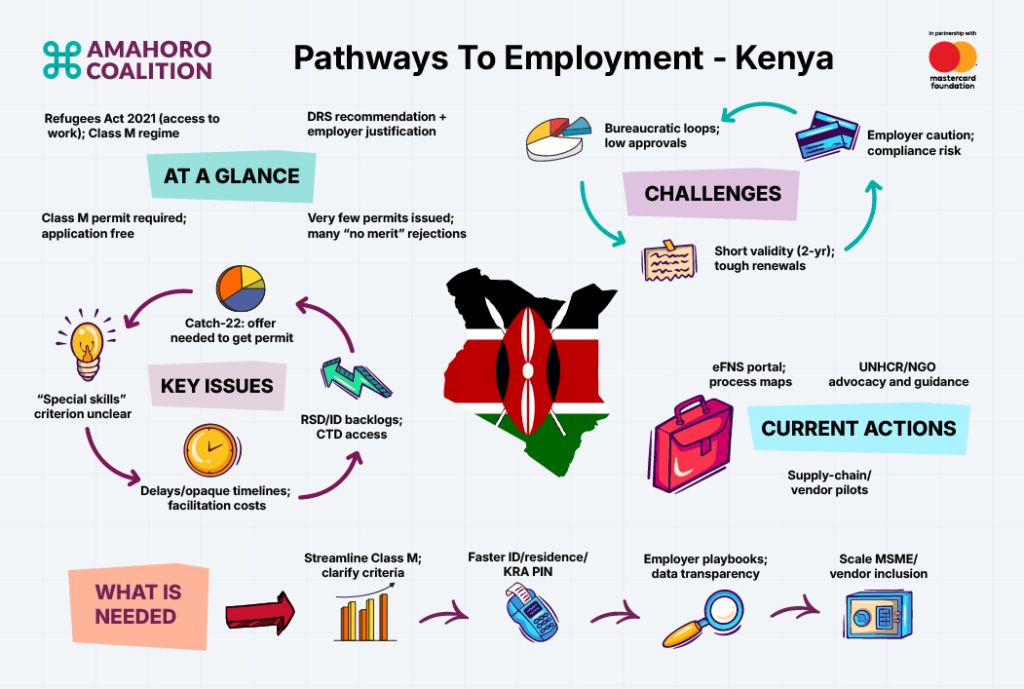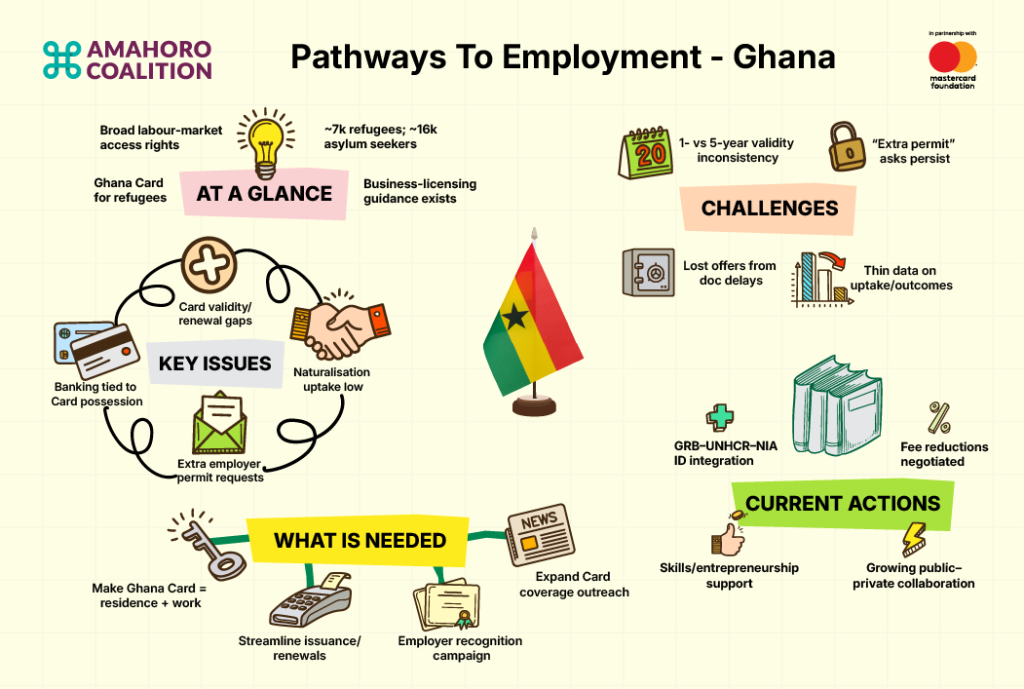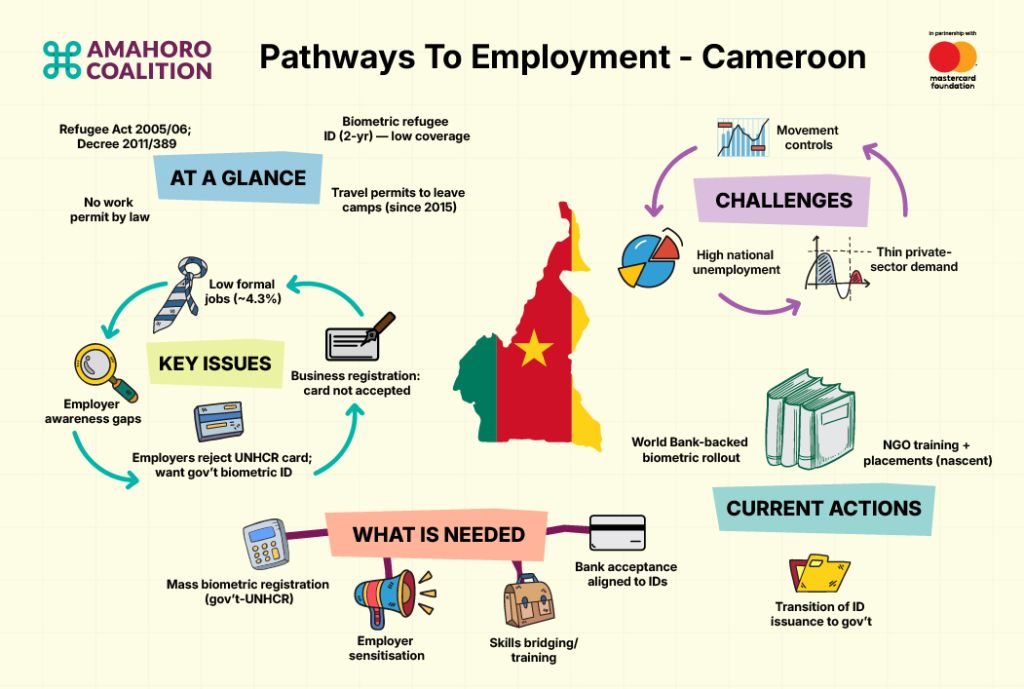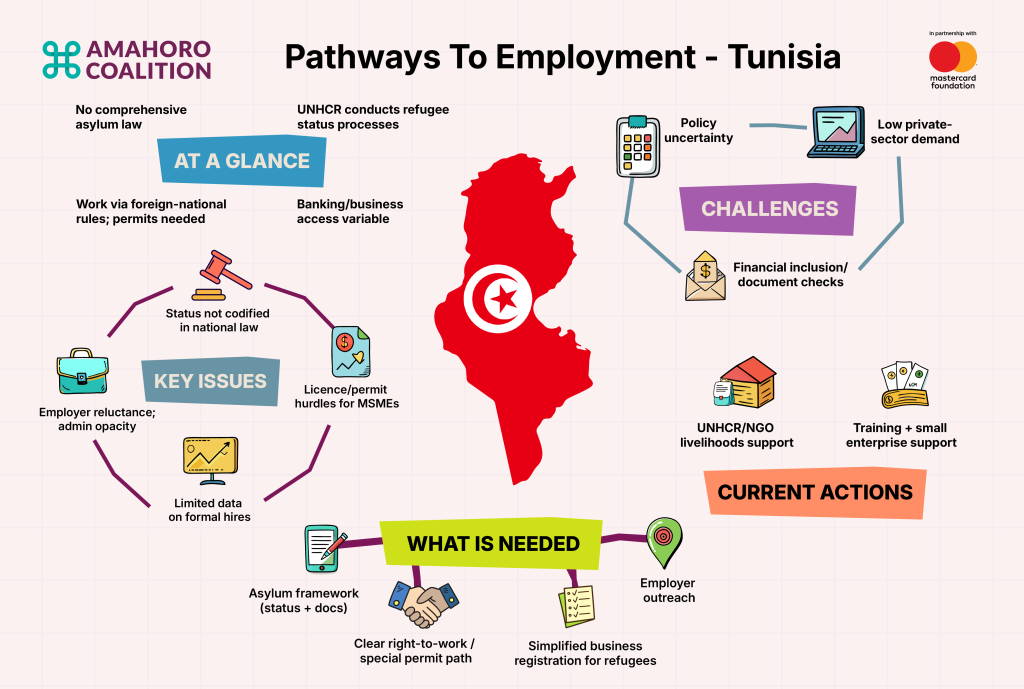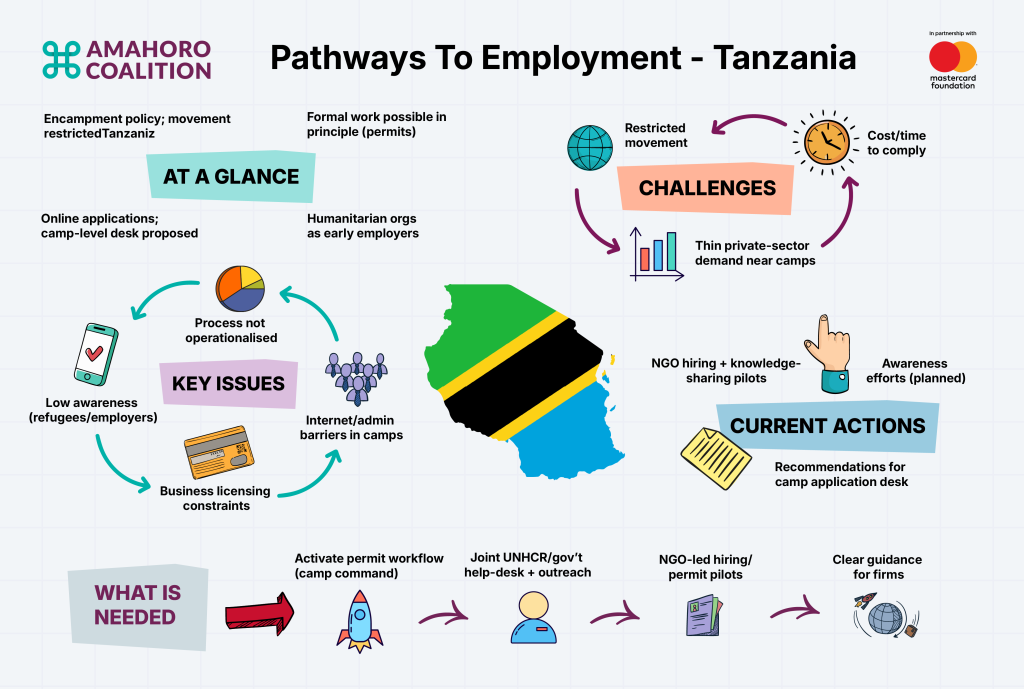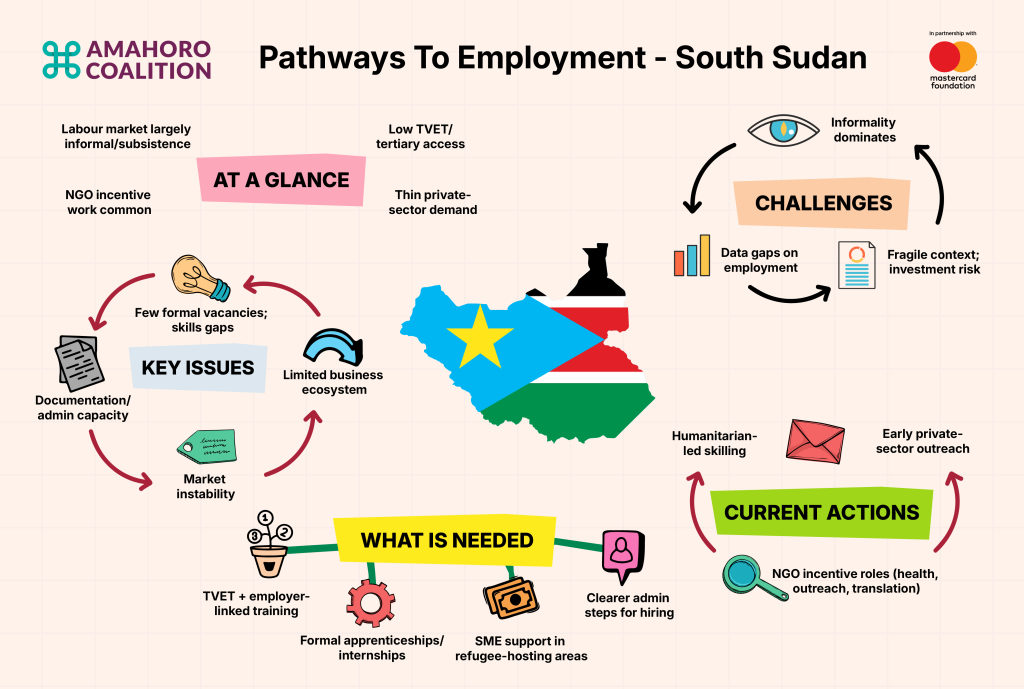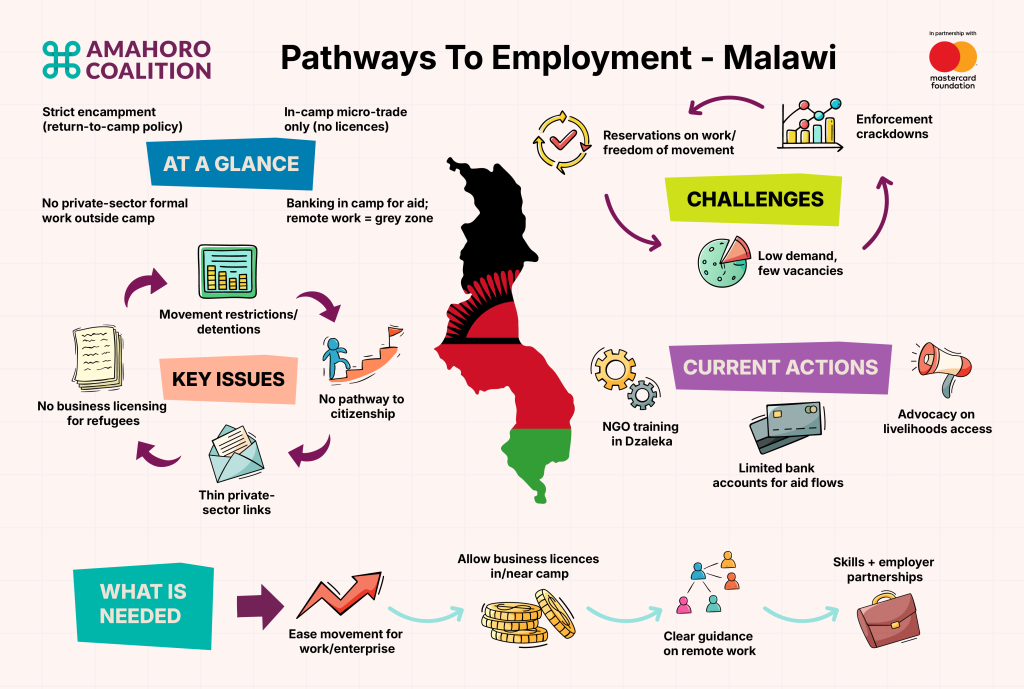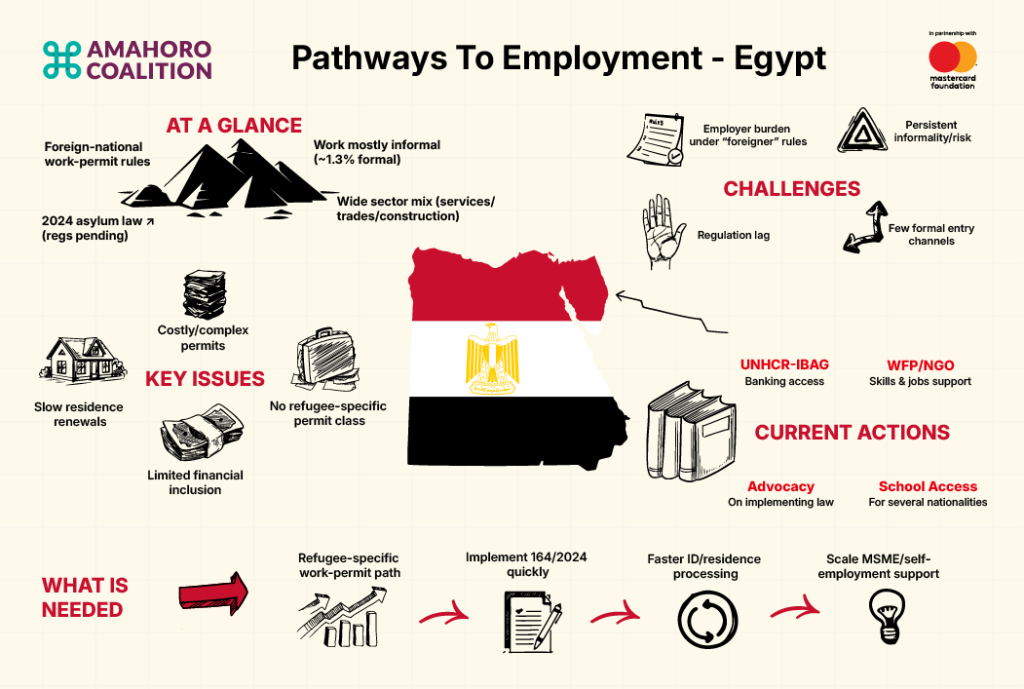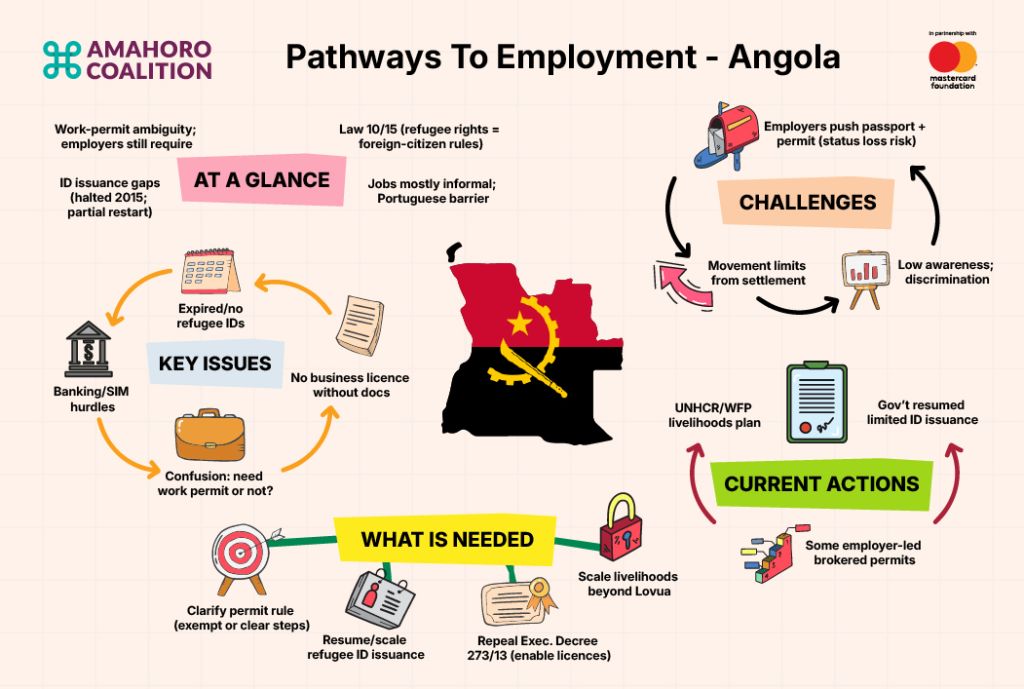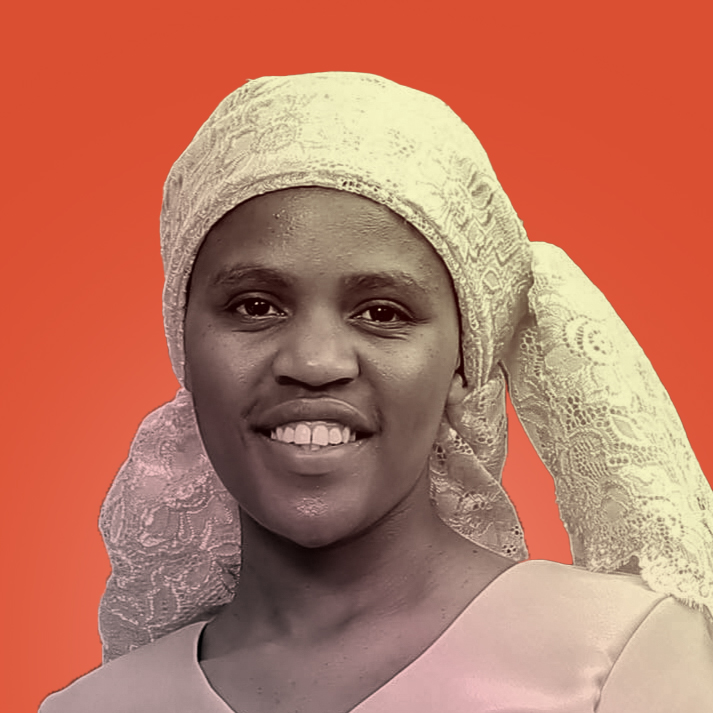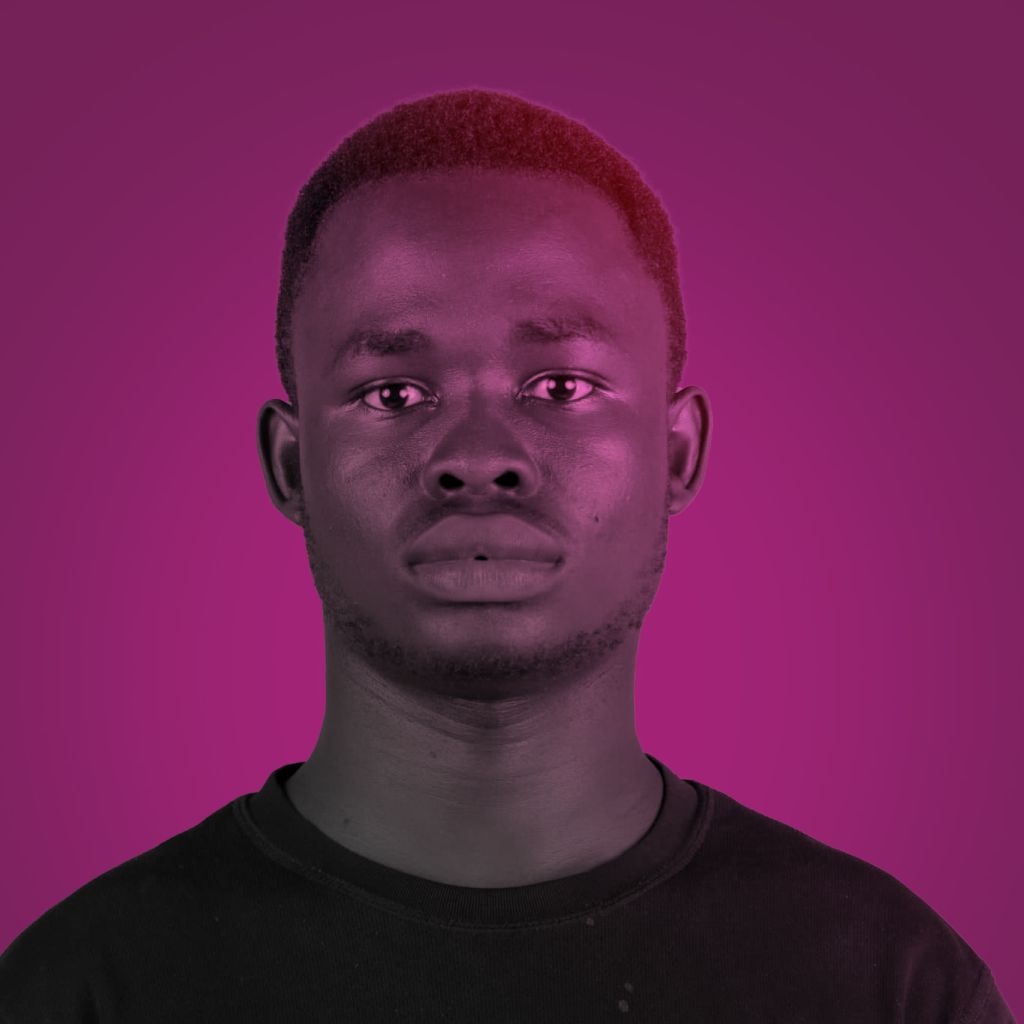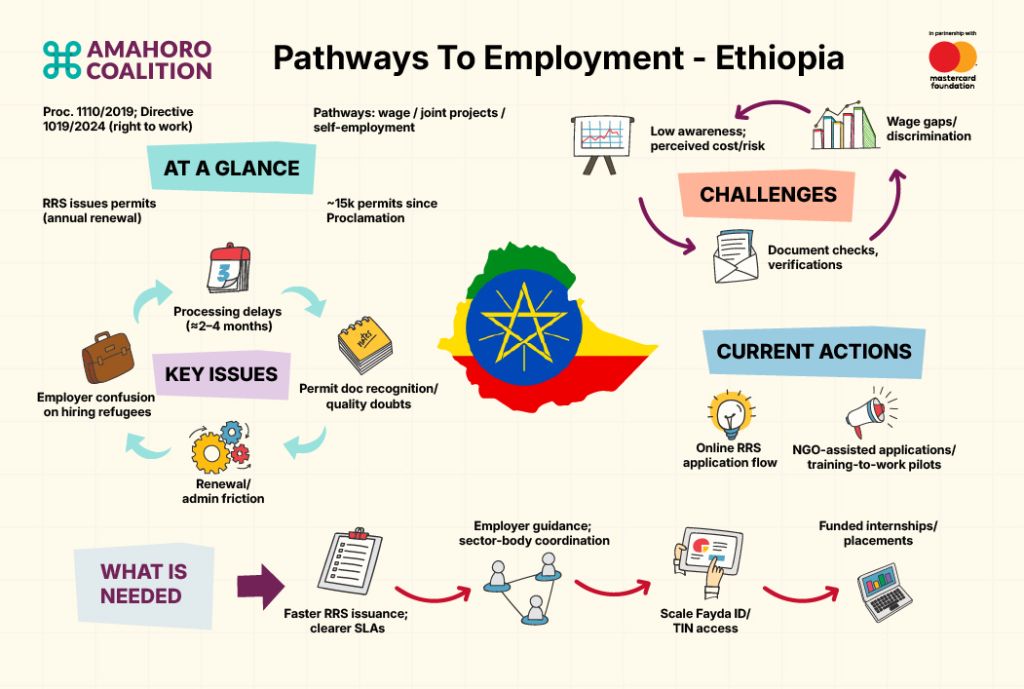
In 2001, a boy known as Saddam arrived in Kenya’s Kakuma refugee camp. His aunt, wary of the name’s global notoriety following the rise of Saddam Hussein, gave him a new one: James Chanwat. That moment of reinvention would come to define his life. Today, Chanwat is no longer just a name on a refugee roster; he is a filmmaker, an electrician, an entrepreneur, and a community mobiliser in Uganda’s Kiryadongo refugee settlement. He wields a camera with the same practical skill he uses to repair a bicycle or wire a building, all in service of a single vision: building a self-reliant community. His organisation, Kiryadongo Video Advocates (KVA), is a proof to this vision. It’s a media group born from a simple idea: that the people living the stories of displacement are the best ones to tell them. And in Kiryadongo, their stories are getting results.
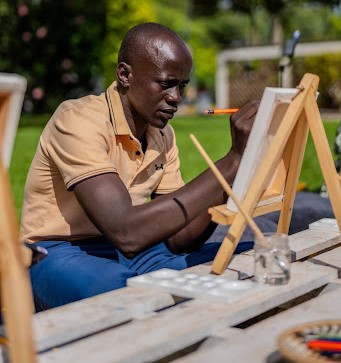
Chanwat’s entire life has been a study in adaptation. A South Sudanese national of the Acholi tribe, he was born in a settlement in Adjumani, Uganda, in 1993. His family moved to Kiryadongo in 1994 before he was taken by his aunt to Kakuma in 2001 after his grandfather passed away. Life in Kakuma was a crucible. At the age of eight, he was already working as a bicycle mechanic and learning electrical skills, servicing bikes for NGOs like Don Bosco. He also witnessed the harsh realities of camp life, from tribal conflicts between refugees and the host community to the tragic day the seasonal laga river flooded, killing 33 people before his eyes. When he returned to Kiryadongo in 2007, he brought back not just trauma, but a deep-seated resourcefulness and a diverse set of practical skills.
After high school, financial constraints blocked his path to university. But in 2018, an opportunity arose that would change his trajectory. The Refugee Law Project offered a two-week intensive training in video advocacy. Chanwat jumped at the chance. Soon after, he and his fellow trainees—a mix of refugees and host community youth—formed Kiryadongo Video Advocates.
That the people living the stories of displacement are the best ones to tell them
James Chanwat
Their impact was immediate. Chanwat wrote and directed a film called The Network, which documented the struggle of mothers in the settlement who couldn’t connect with family due to poor mobile service. He screened it in Kampala, where it caught the attention of decision-makers. Shortly after, a telecommunication mast was installed in the settlement. “We use video for advocacy,” Chanwat states simply. It was proof that their work wasn’t just about art; it was about tangible change. The group has since produced a slate of films tackling critical community issues, including water shortages (The Tap), malaria prevention (The Net), and celebrating the resilience of entrepreneurs with disabilities (Voice of Resilience).
With support from partners and a grant from the World Bank-funded GROW Project, KVA’s work has expanded far beyond its own productions. The organisation trained 100 women entrepreneurs in skills like liquid soap production, hairdressing, and catering.
The effect is generational. Chanwat tells the story of Dawa, a woman they trained in baking. She came from a place of desperation, once even considering selling her child to survive. After the training, she started a successful bakery and is now employed to train other refugees. “She got the skill from us and now she’s training other refugees,” Chanwat says with pride. “That is something wonderful”. KVA is currently training 40 more youth, including newly arrived Sudanese refugees, in computer literacy and graphic design.
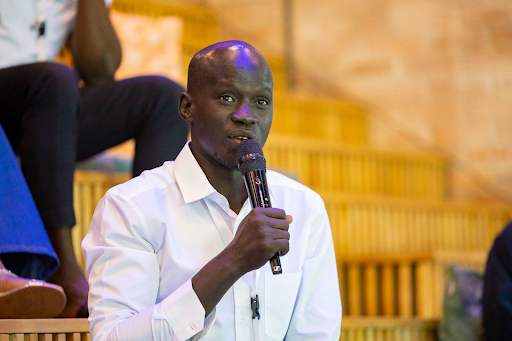
Chanwat practices the self-reliance he preaches. Alongside KVA, he runs his own enterprise, Paciro Business Centre, which combines mobile money services, an electrical appliance shop, and a bookshop. He used the monthly stipend from his Amahoro Coalition fellowship to buy printers and stock the bookshop’s shelves. “We also need to survive,” he says, explaining that the team members’ individual businesses allow them to pour the grant money KVA receives directly back into community projects.
His ultimate vision is to serve the unique population of Kiryadongo—a place that is home not only to refugees but also to Ugandans internally displaced by the LRA war and climate change-induced landslides. For James Chanwat, everyone has a story worth telling, and he’s dedicated to giving them the tools to do it.
